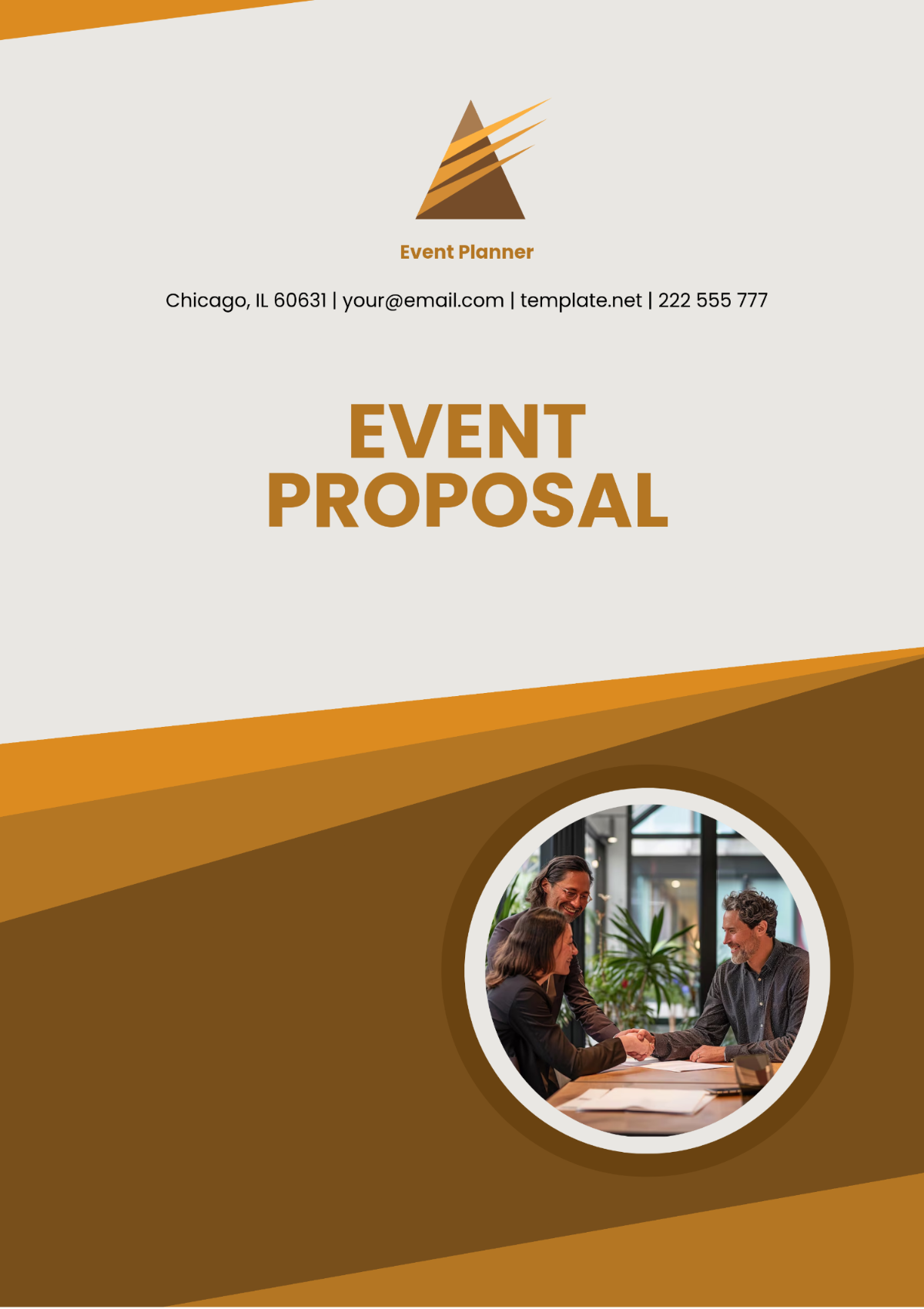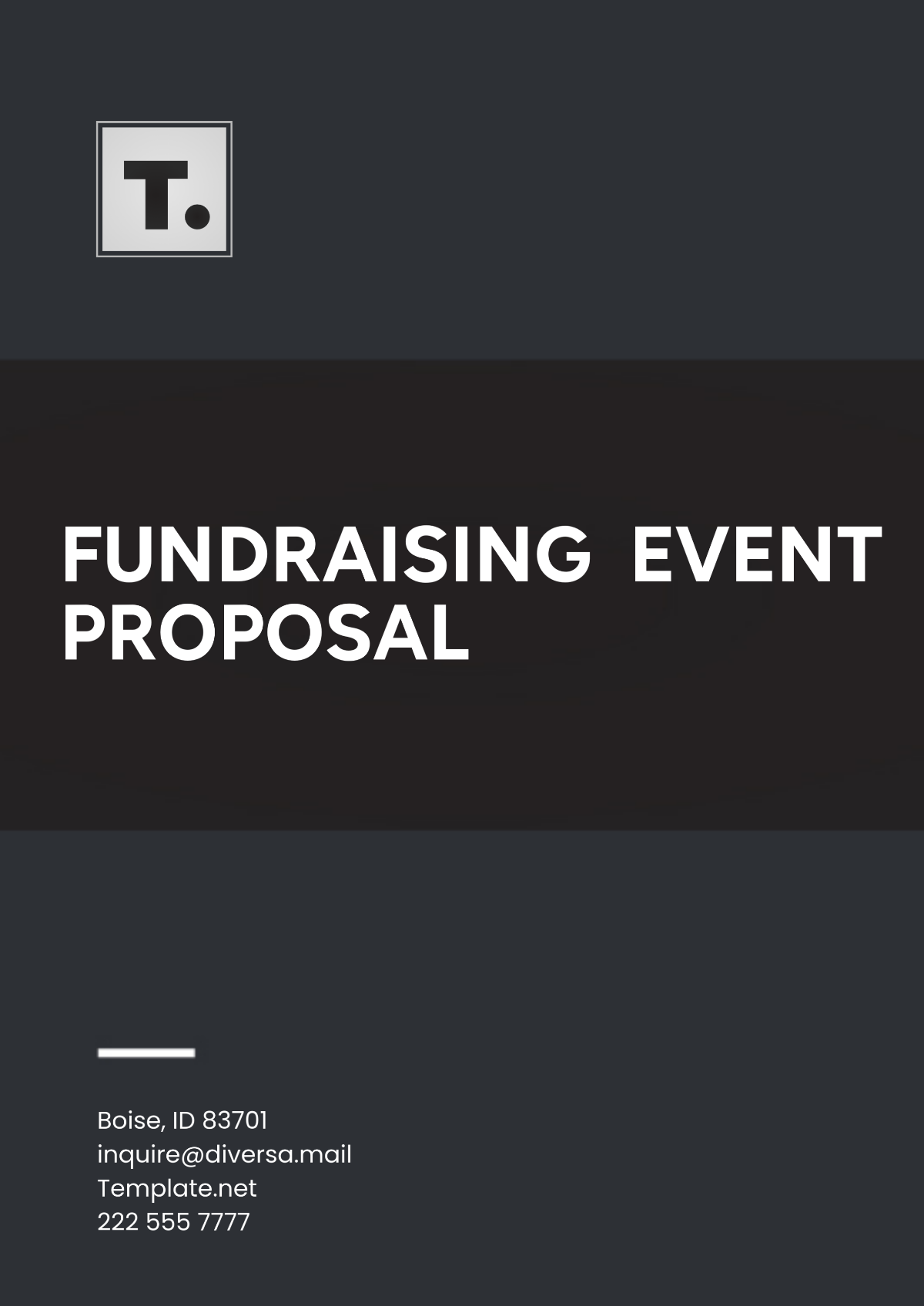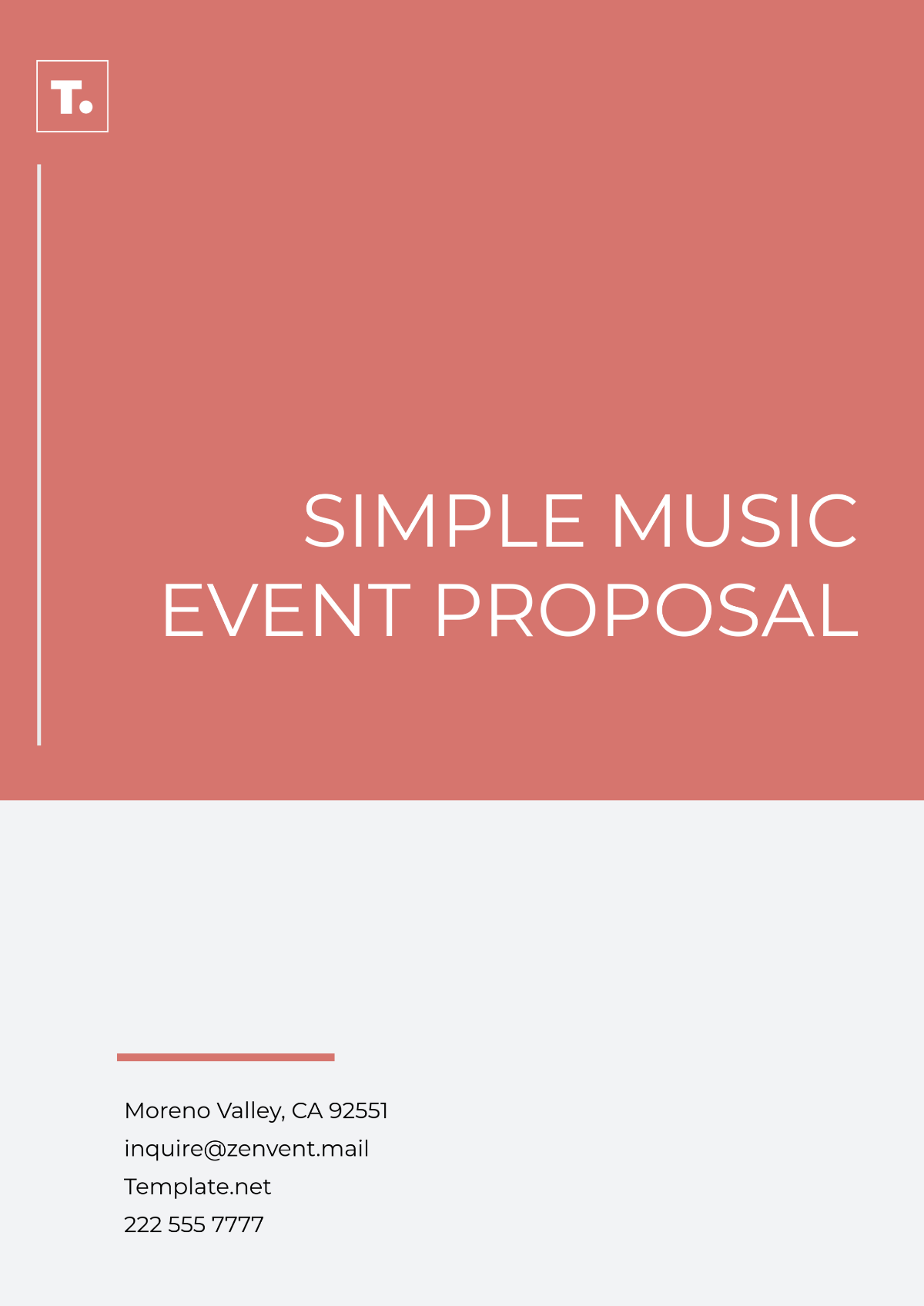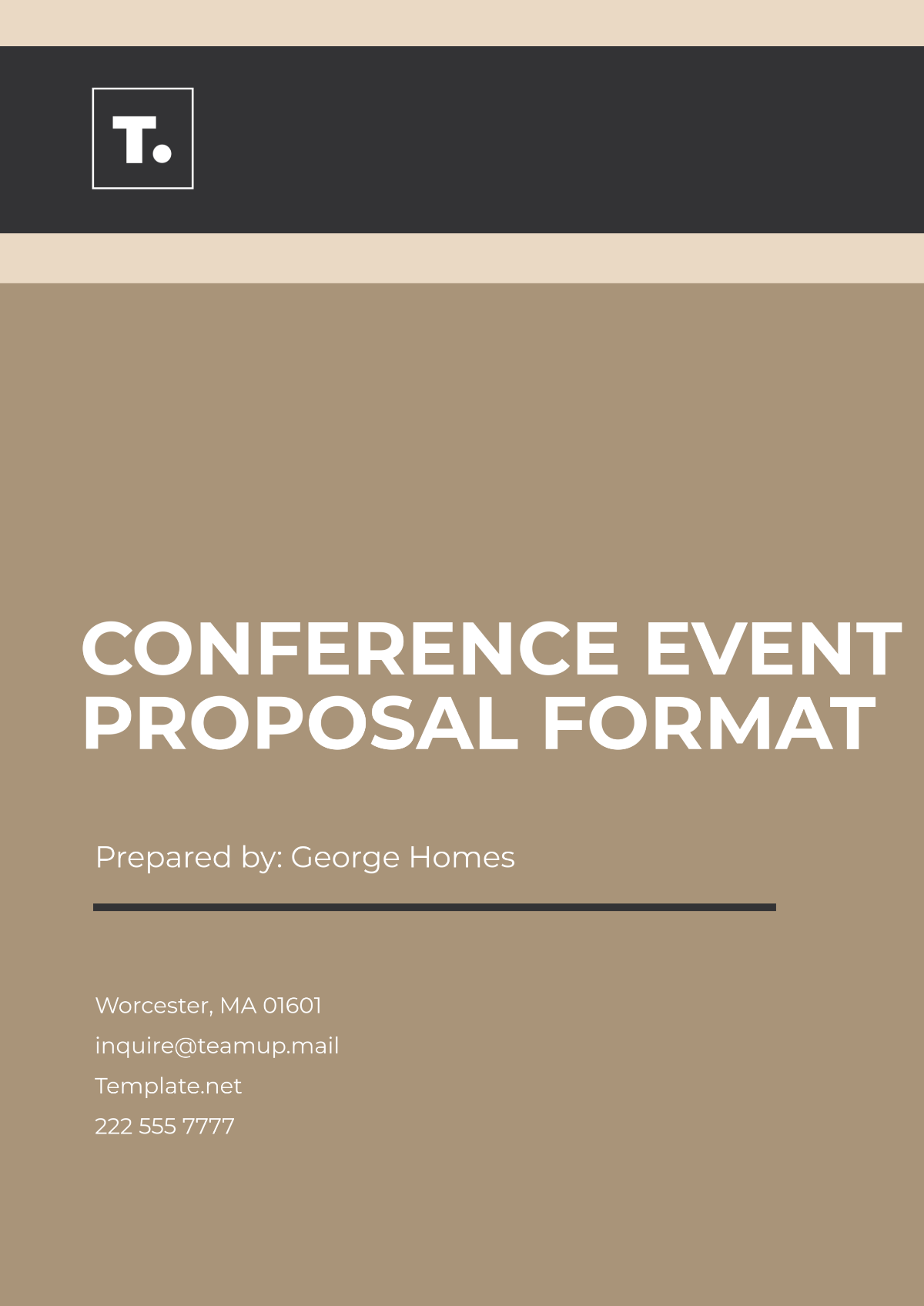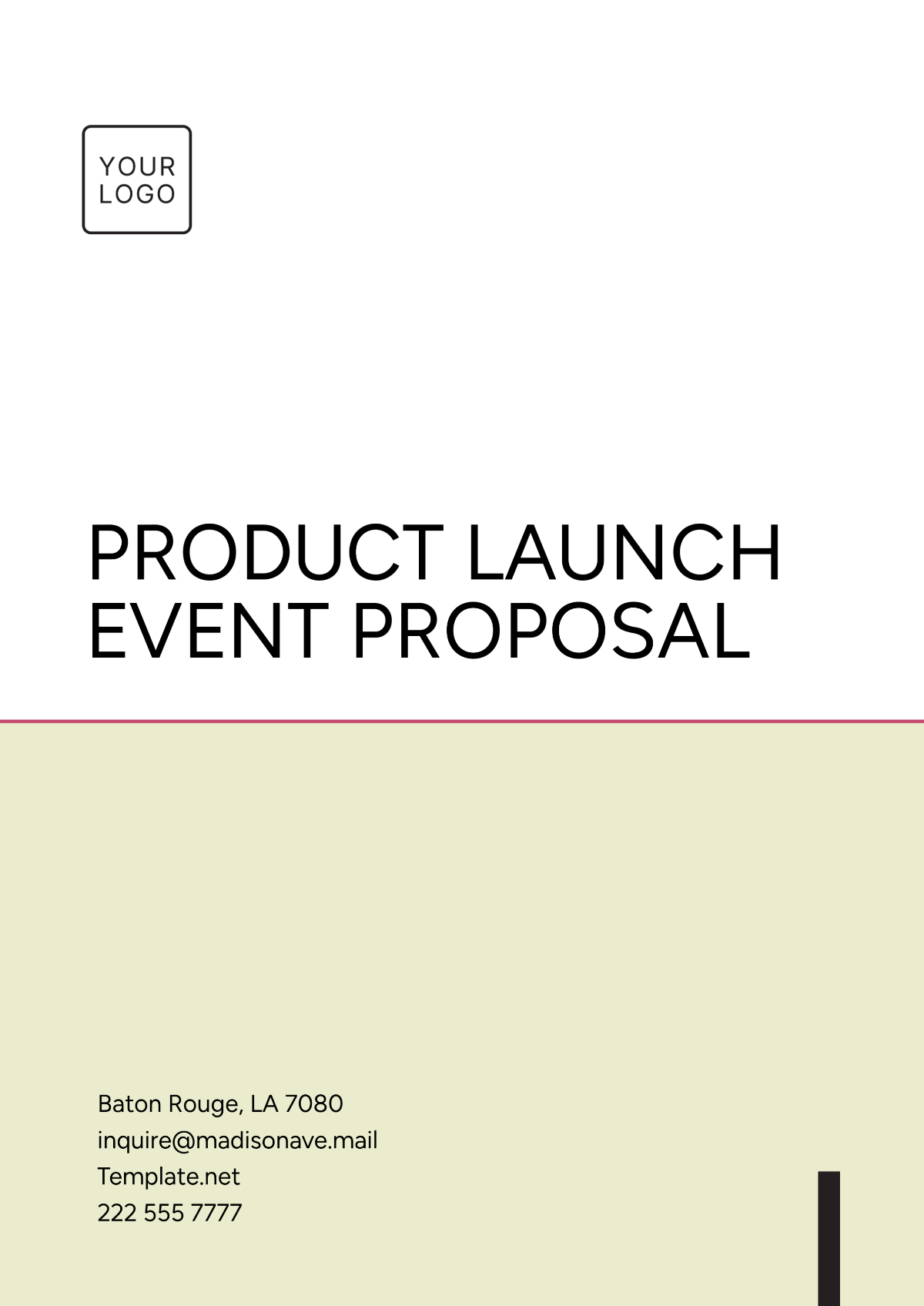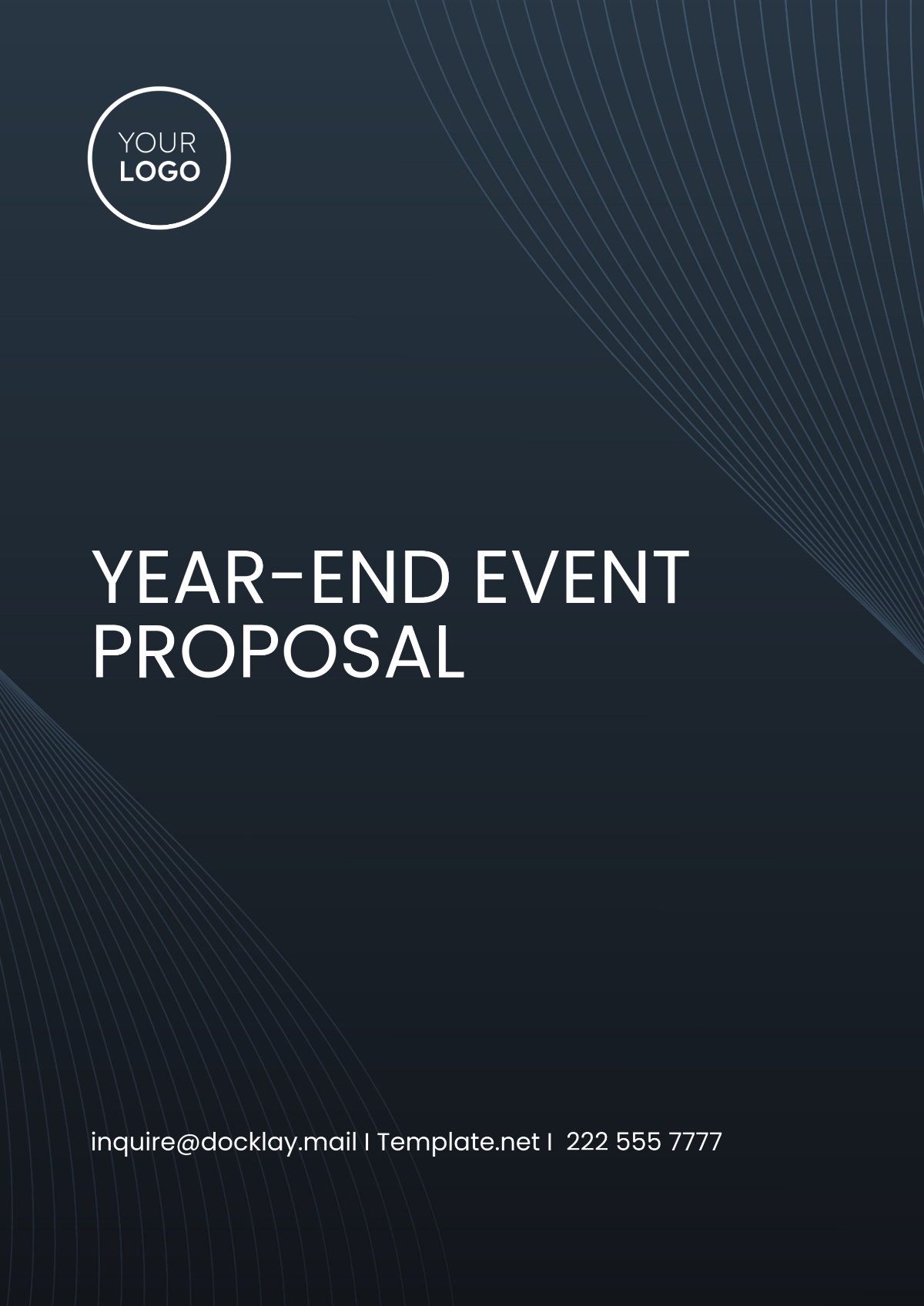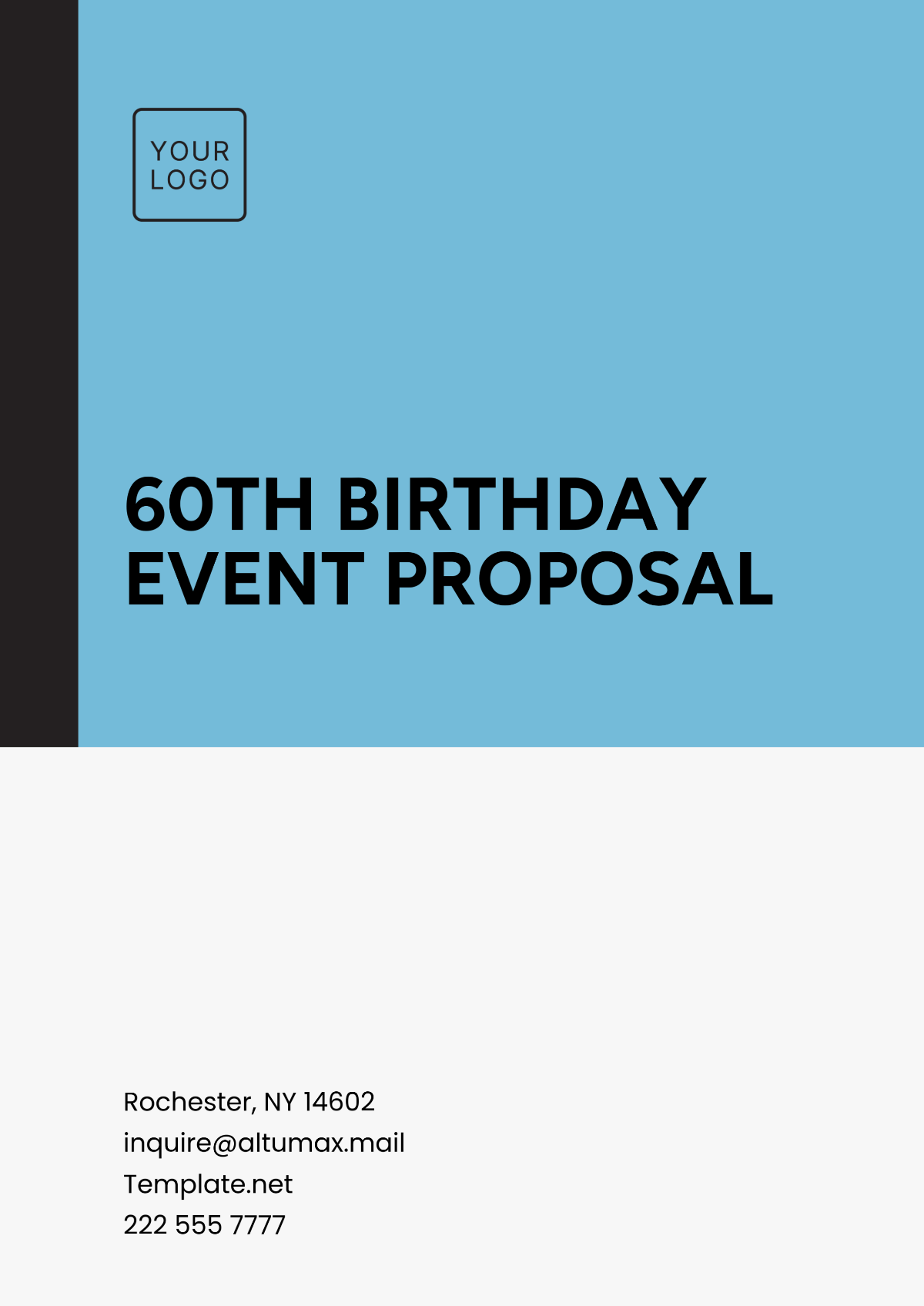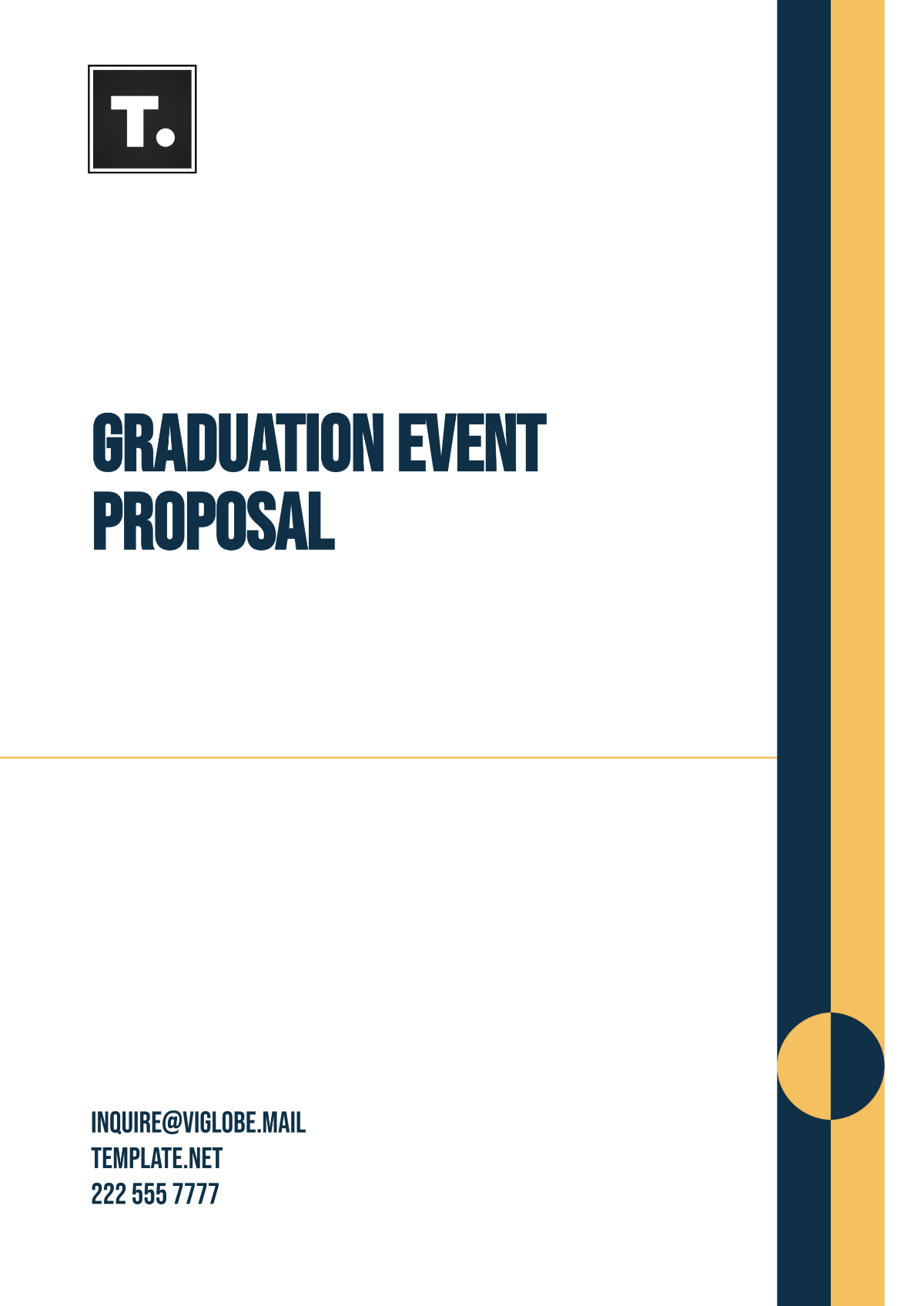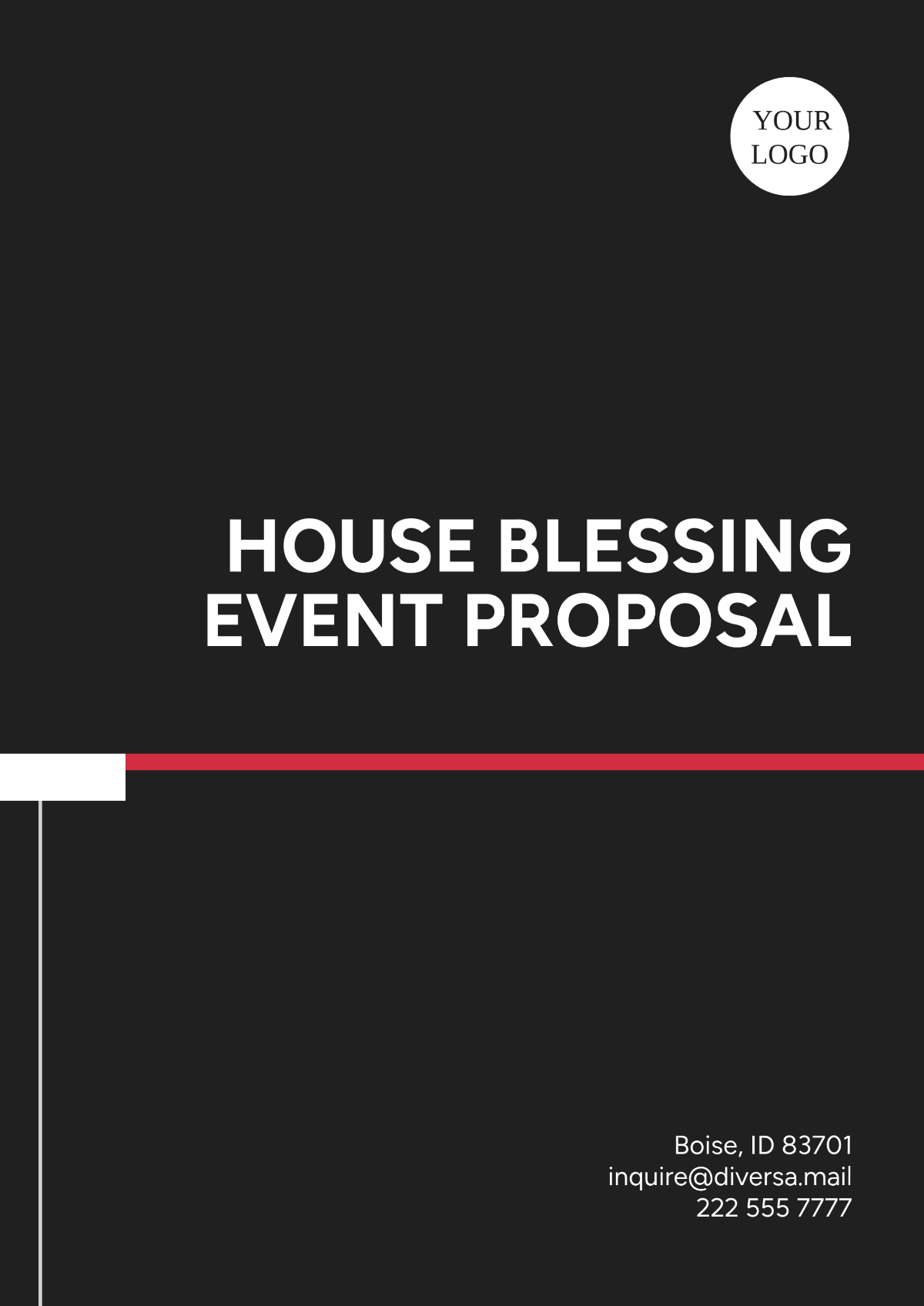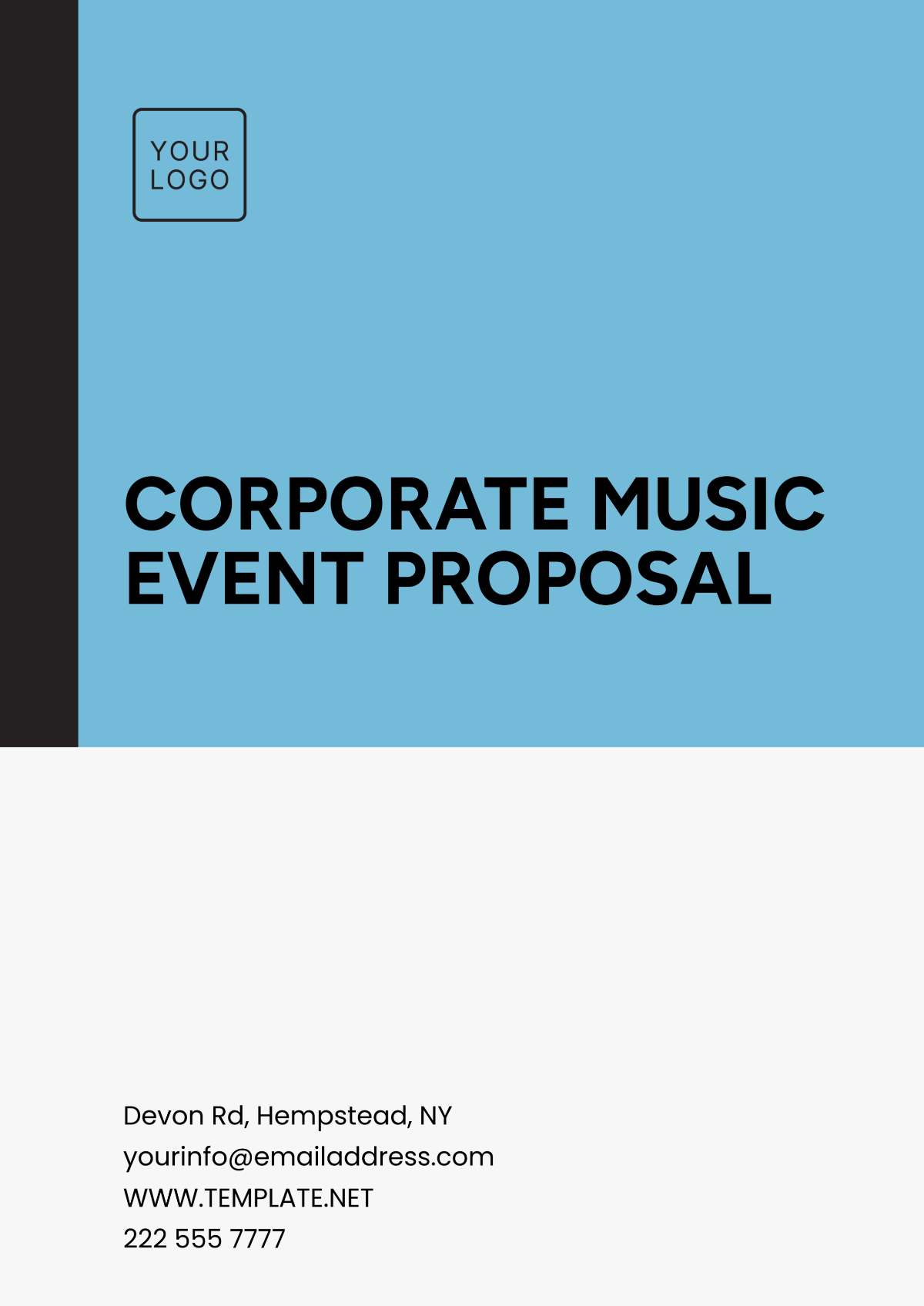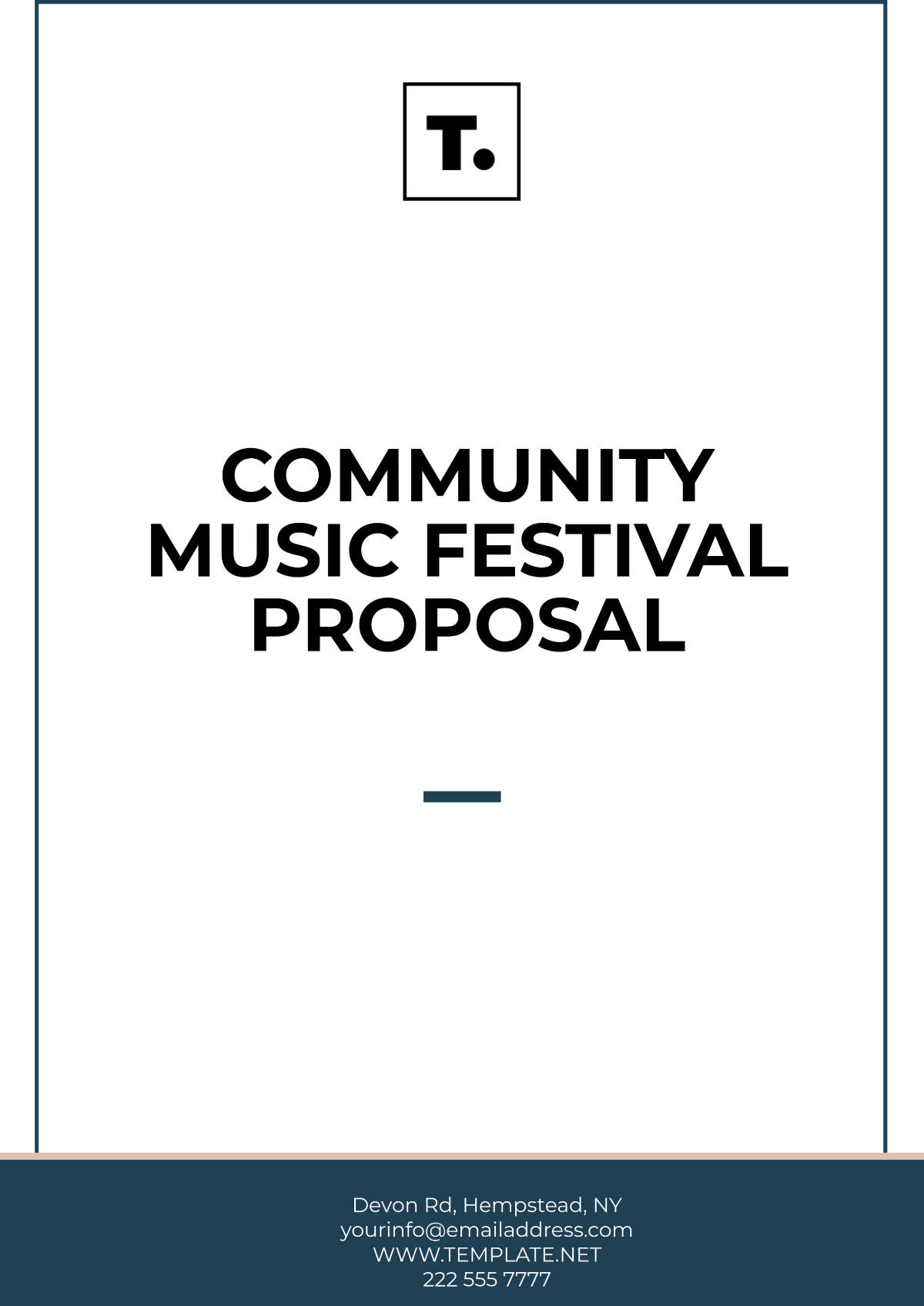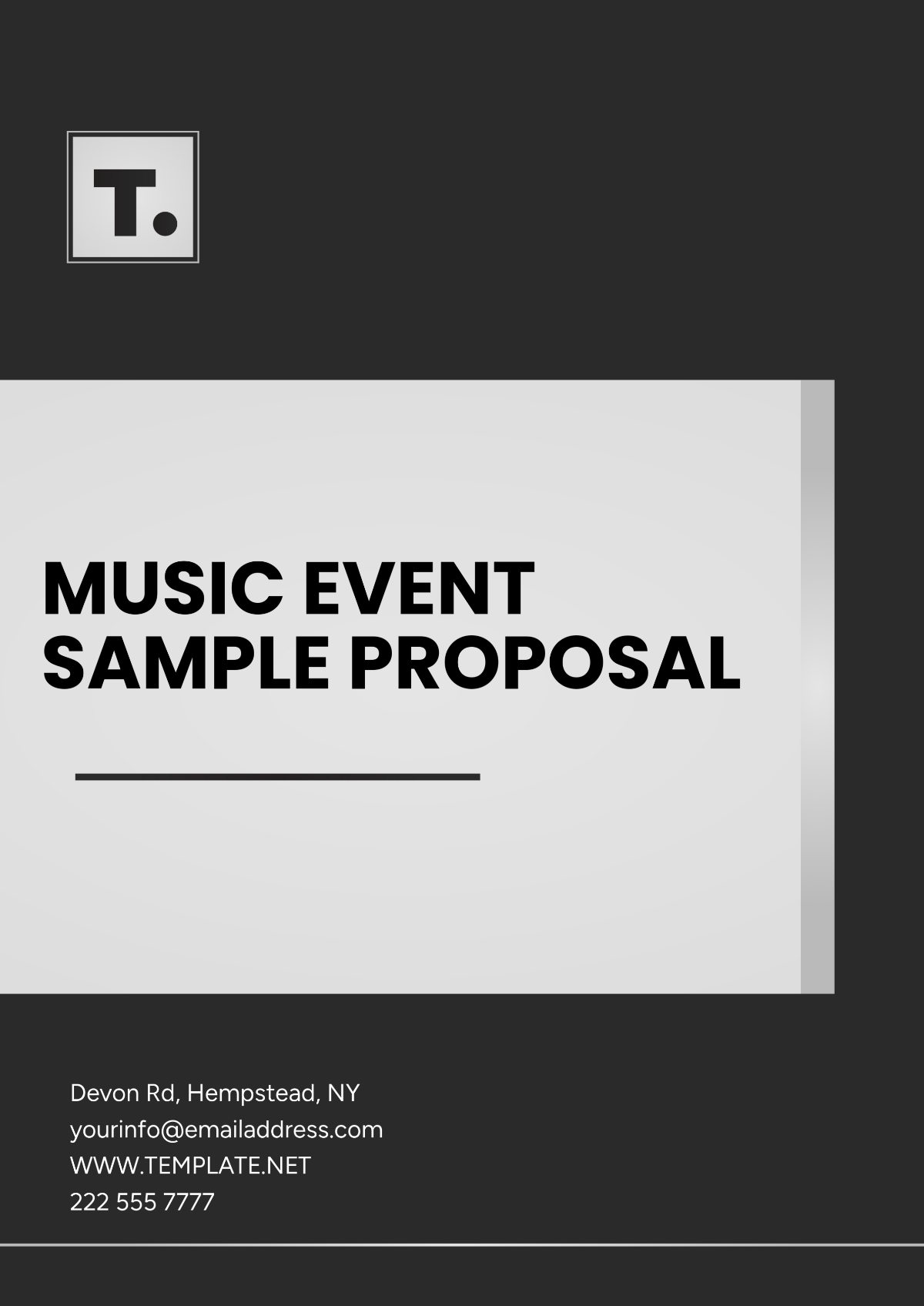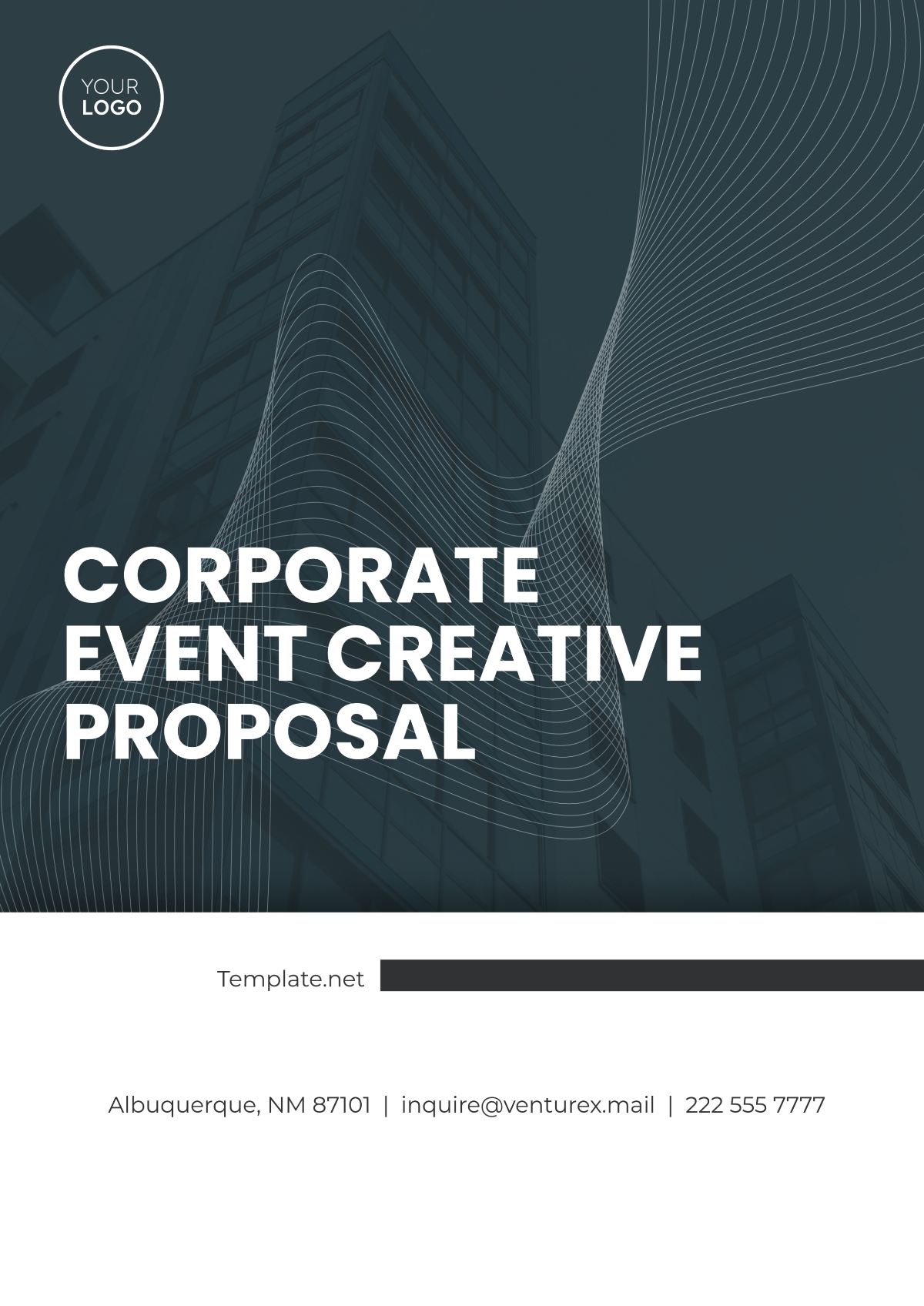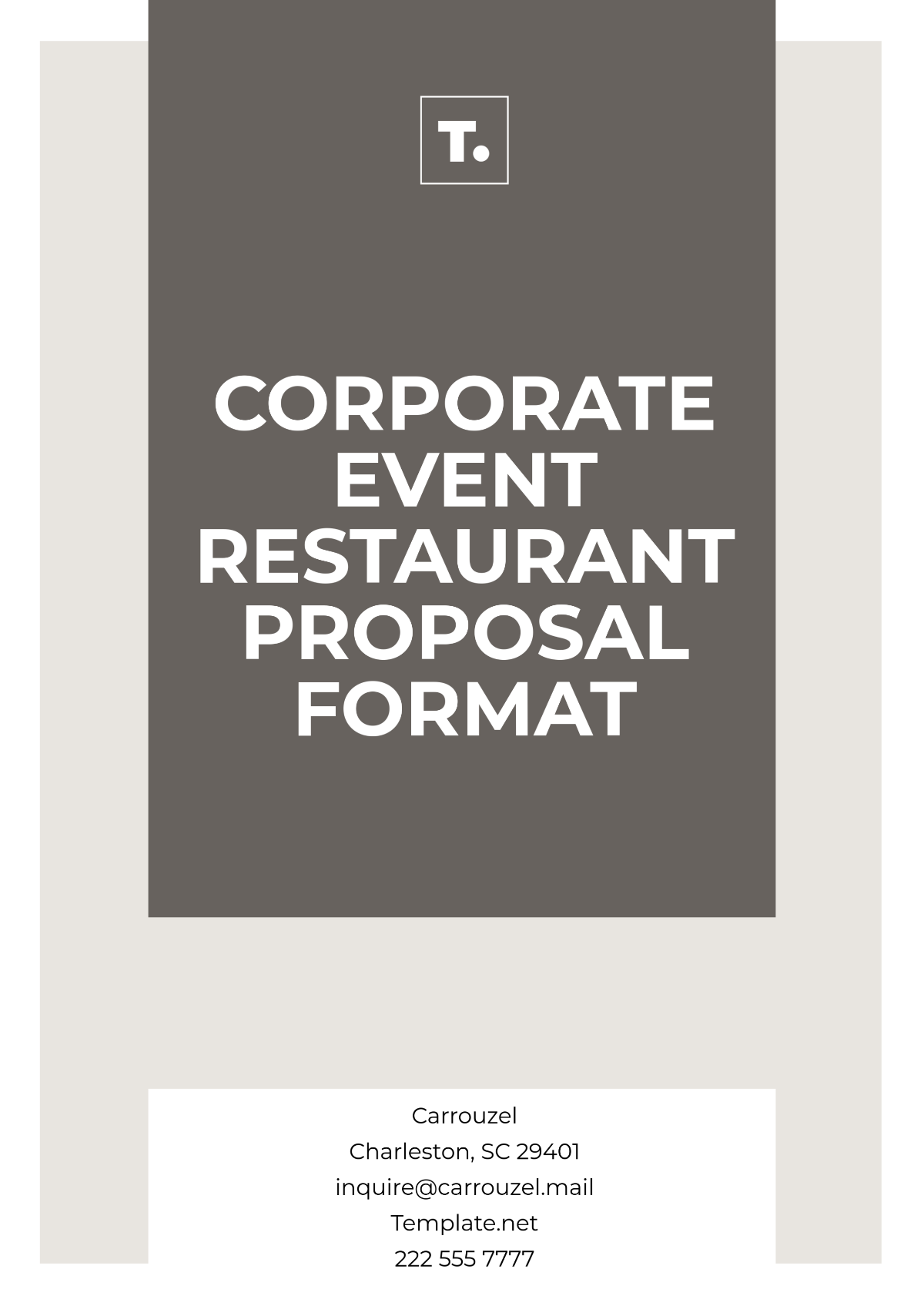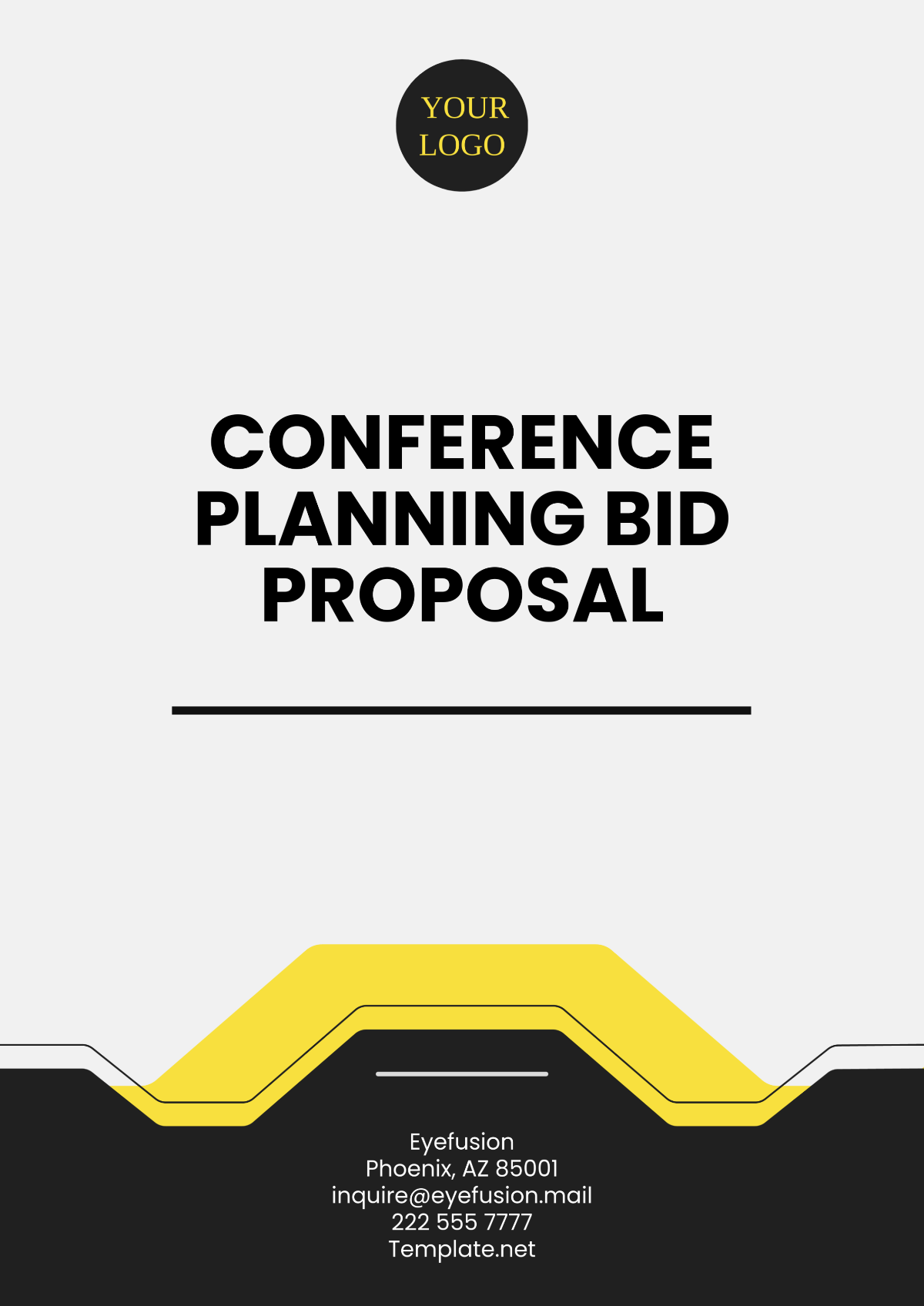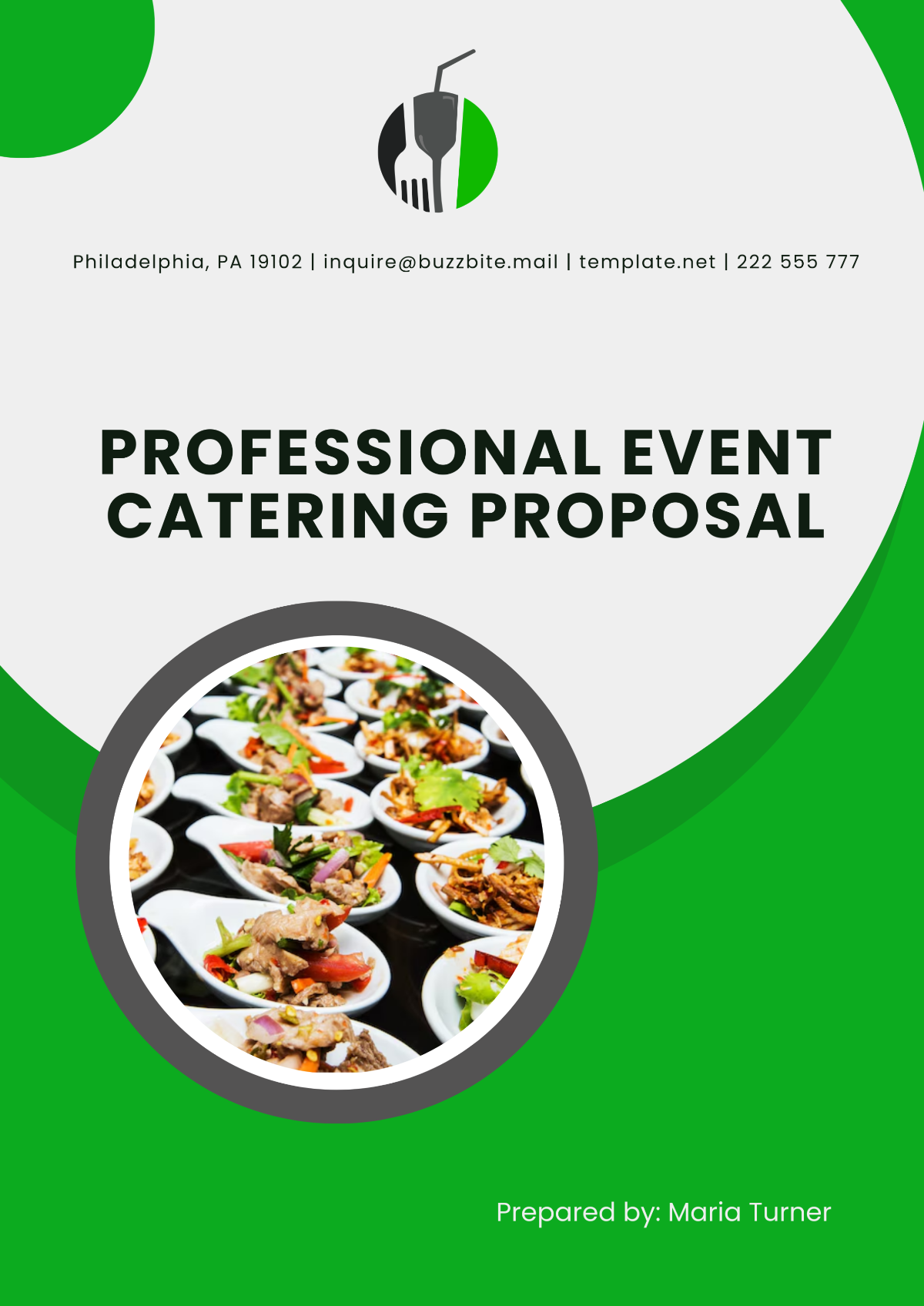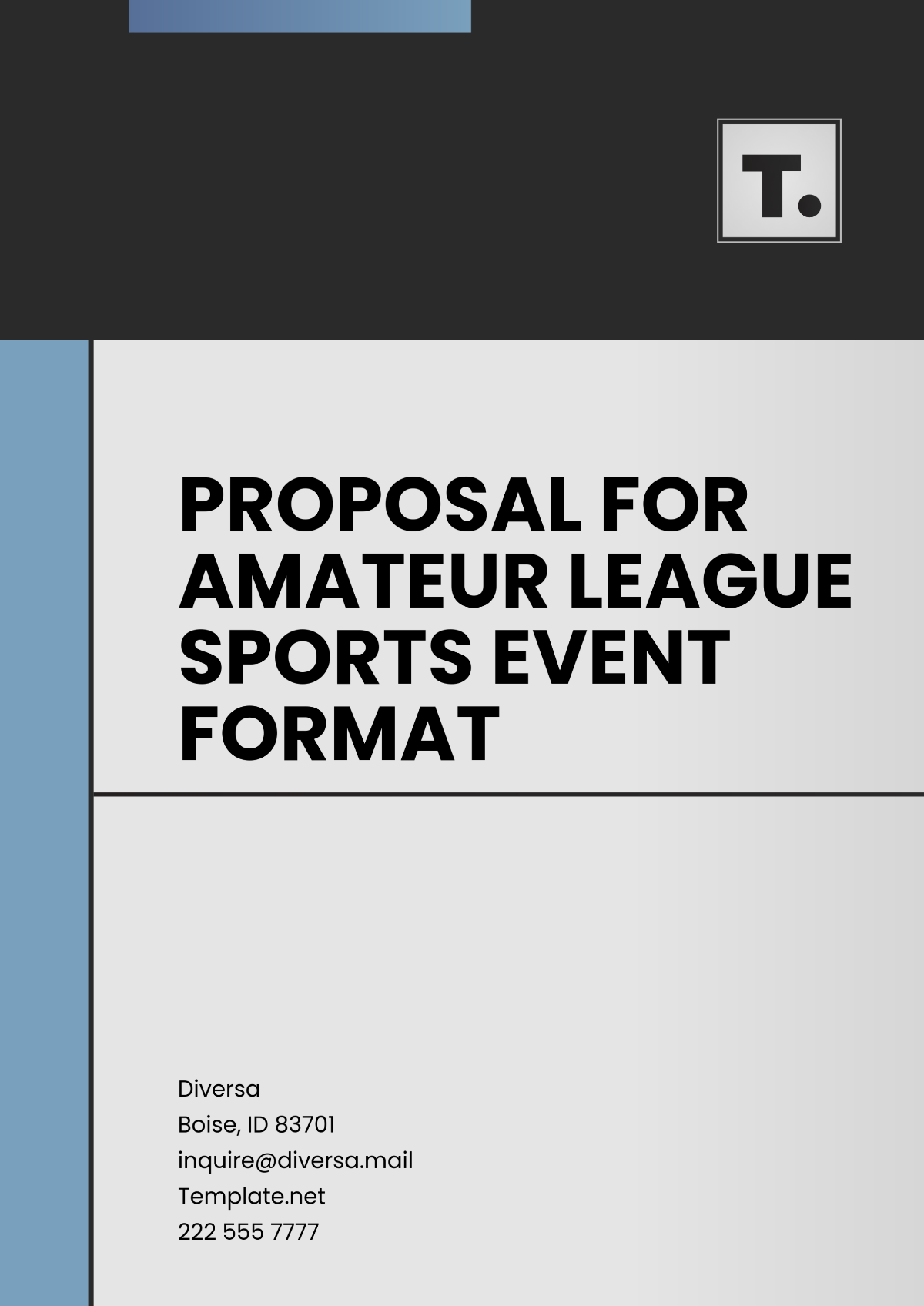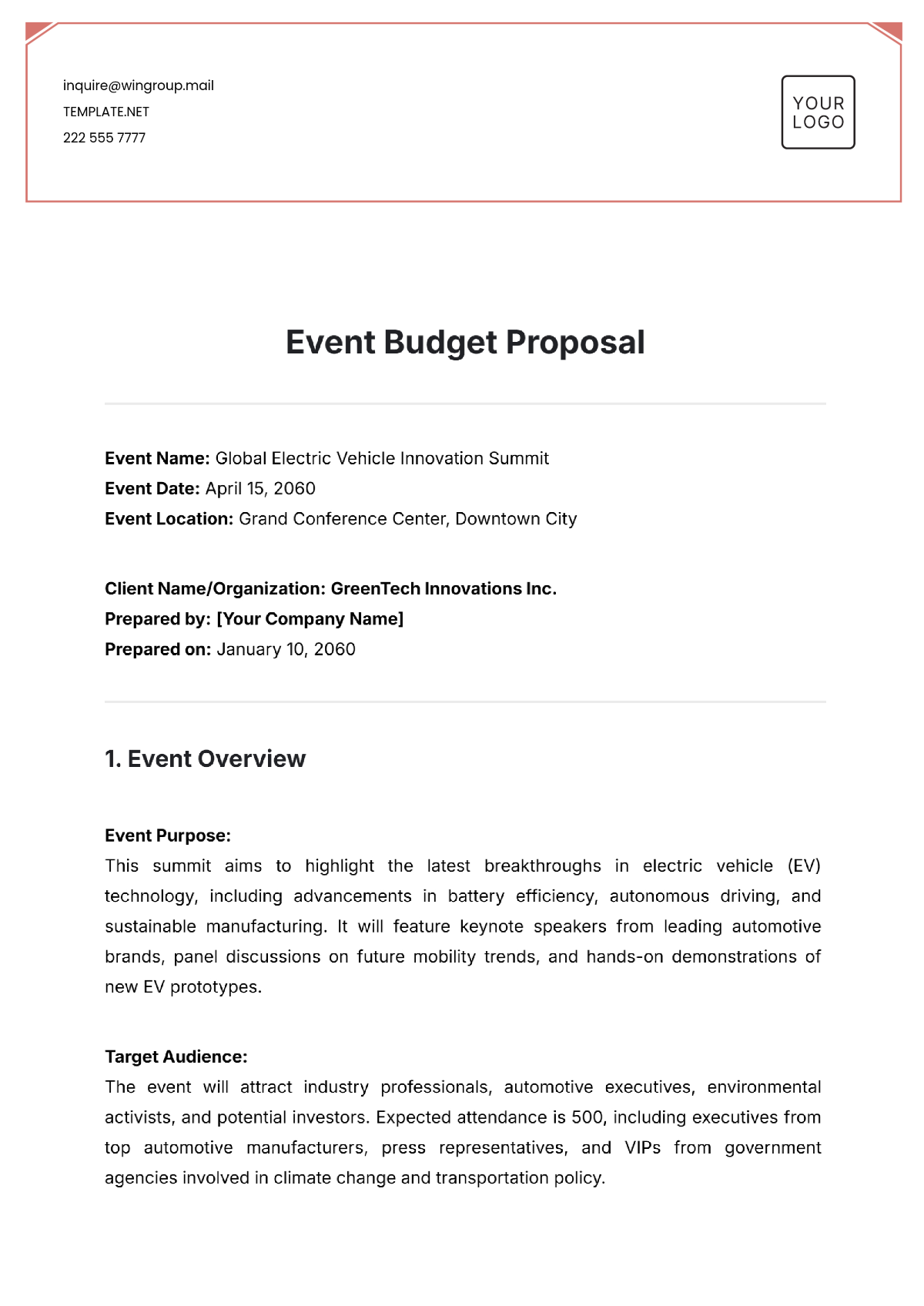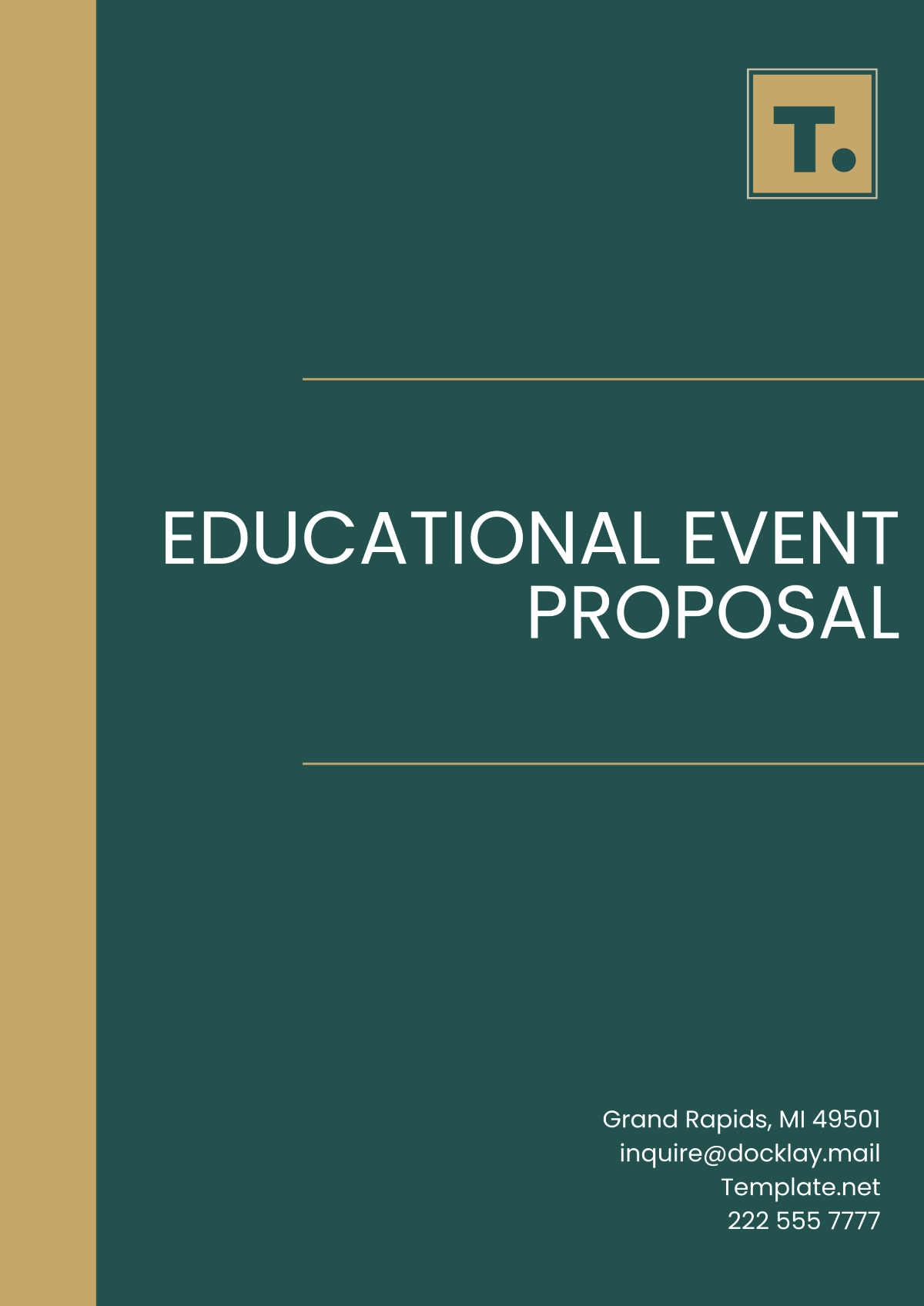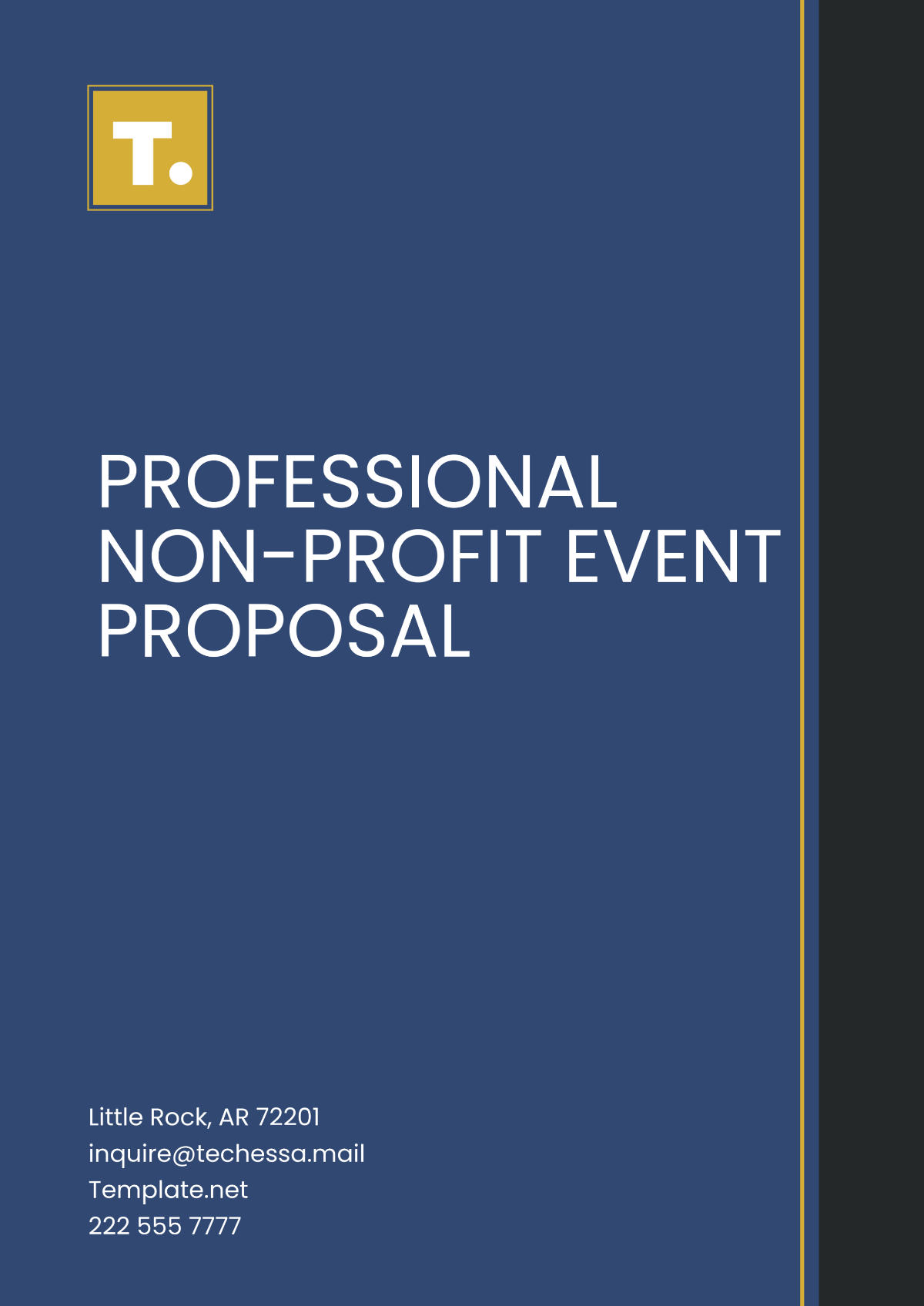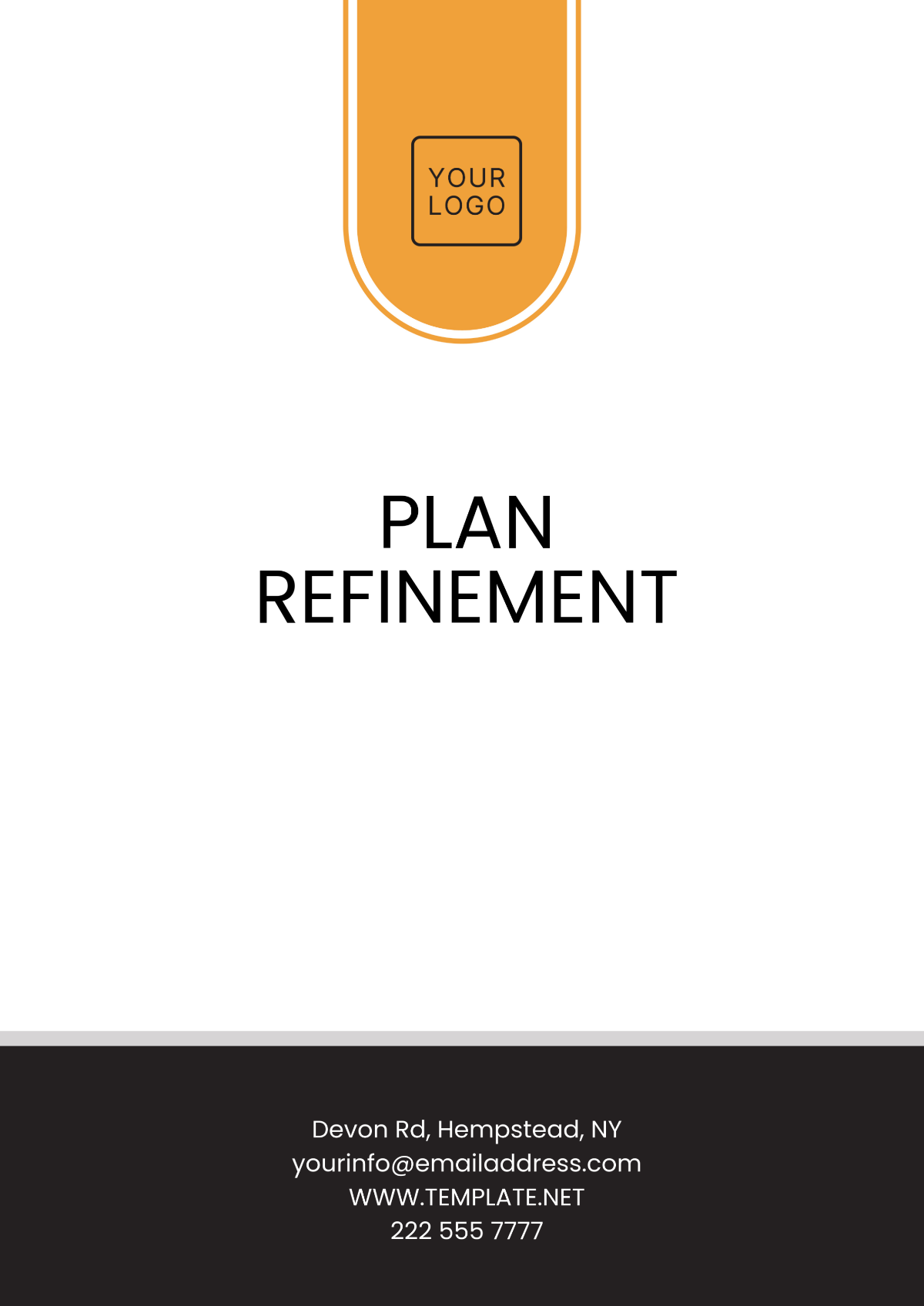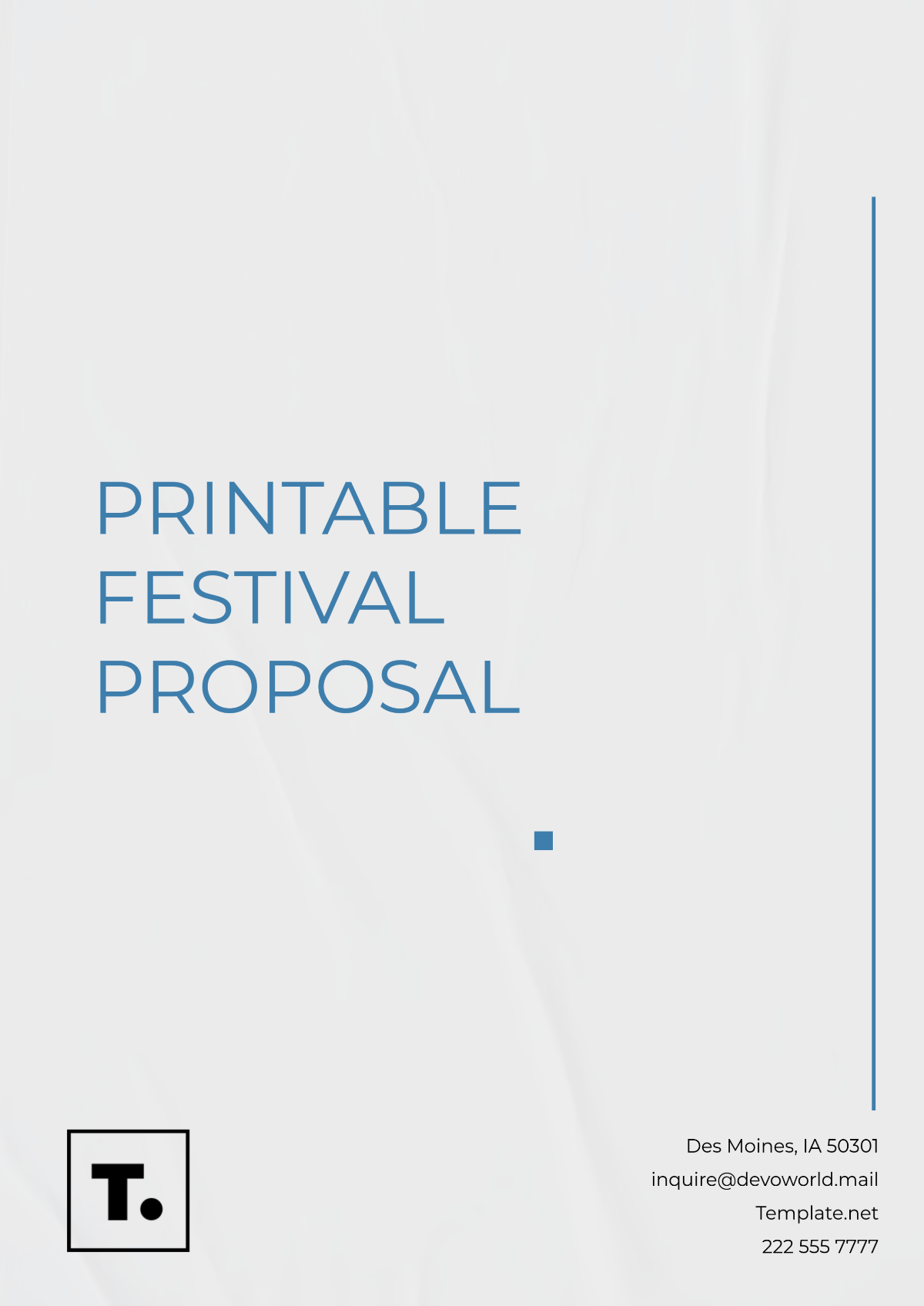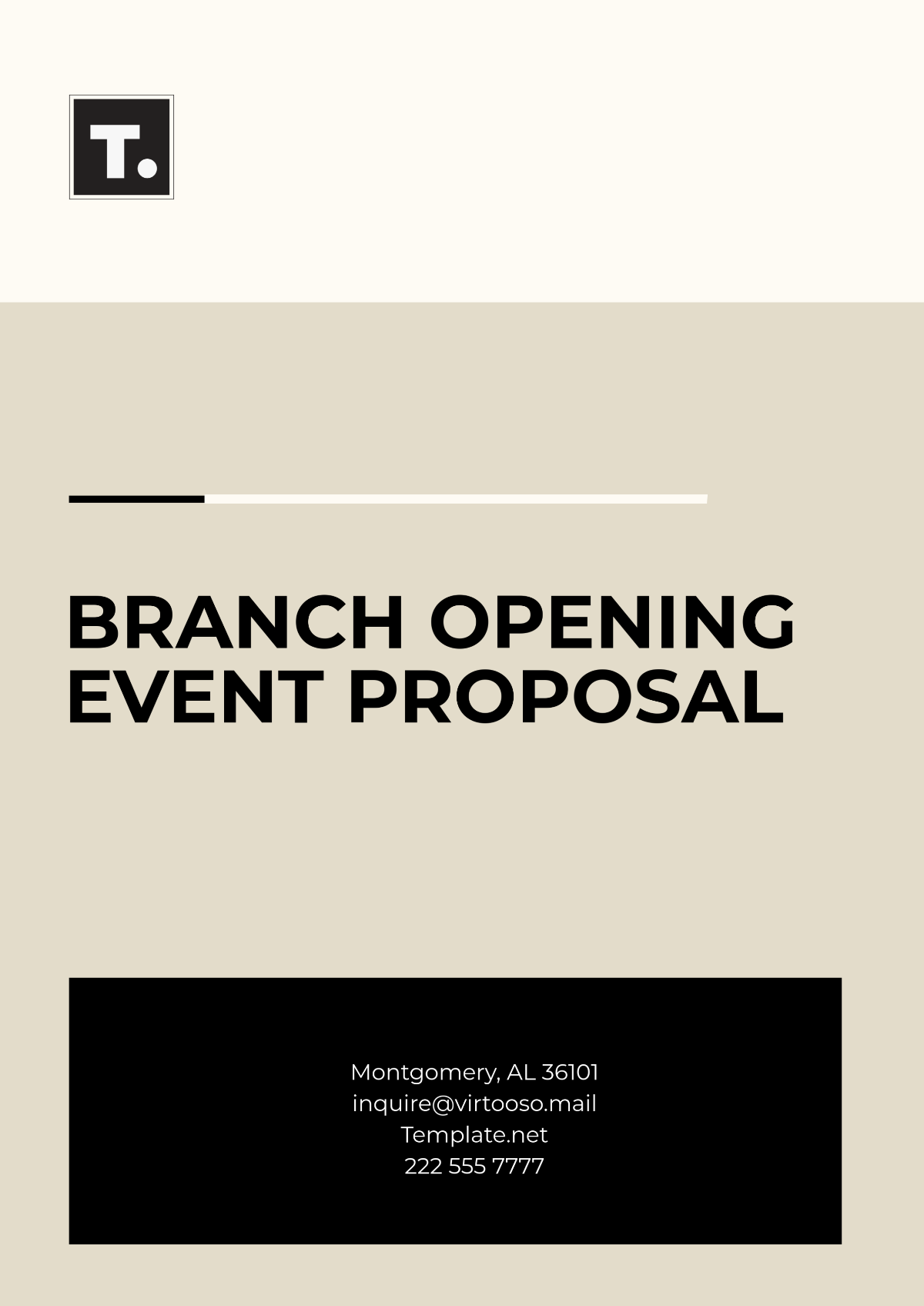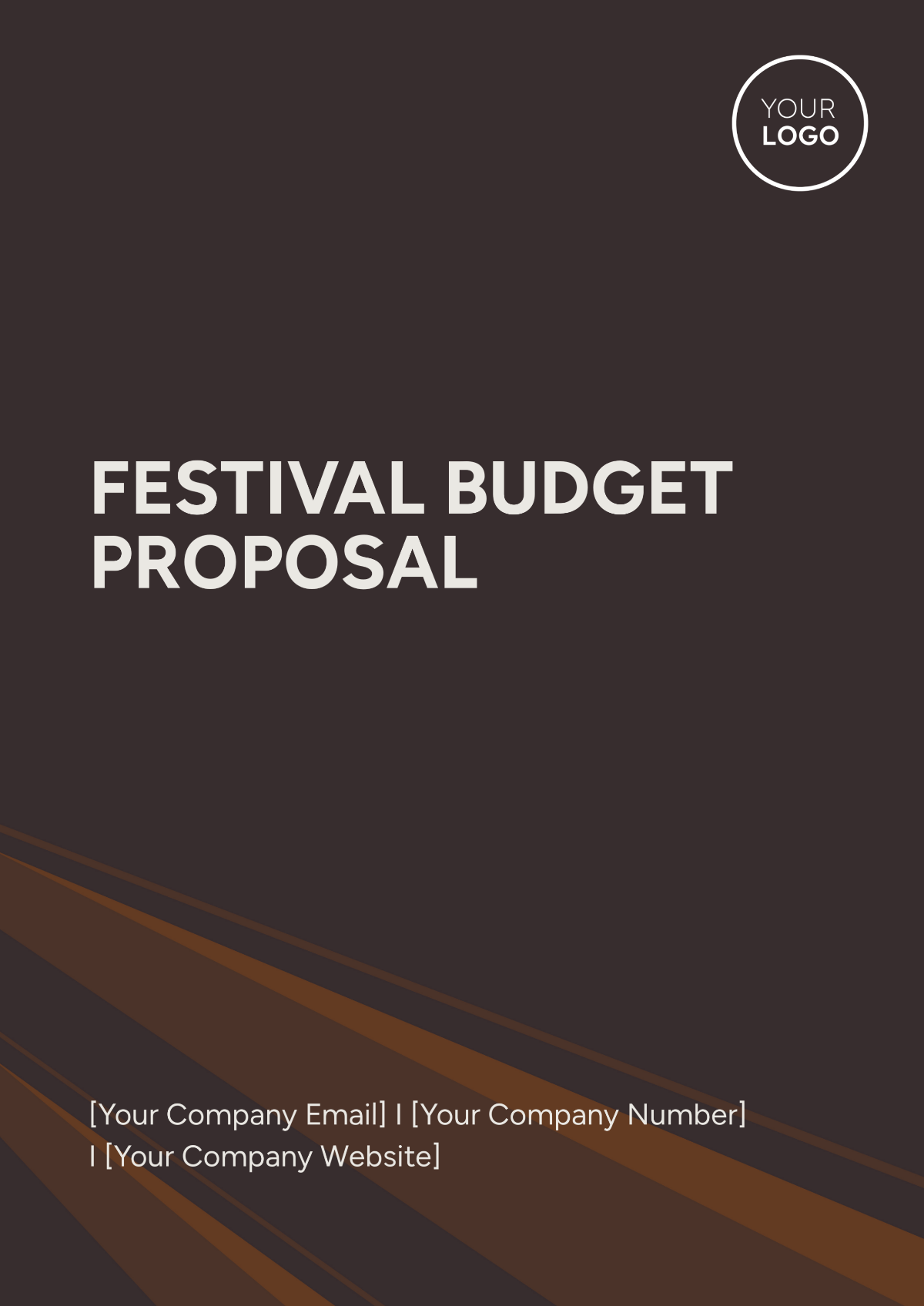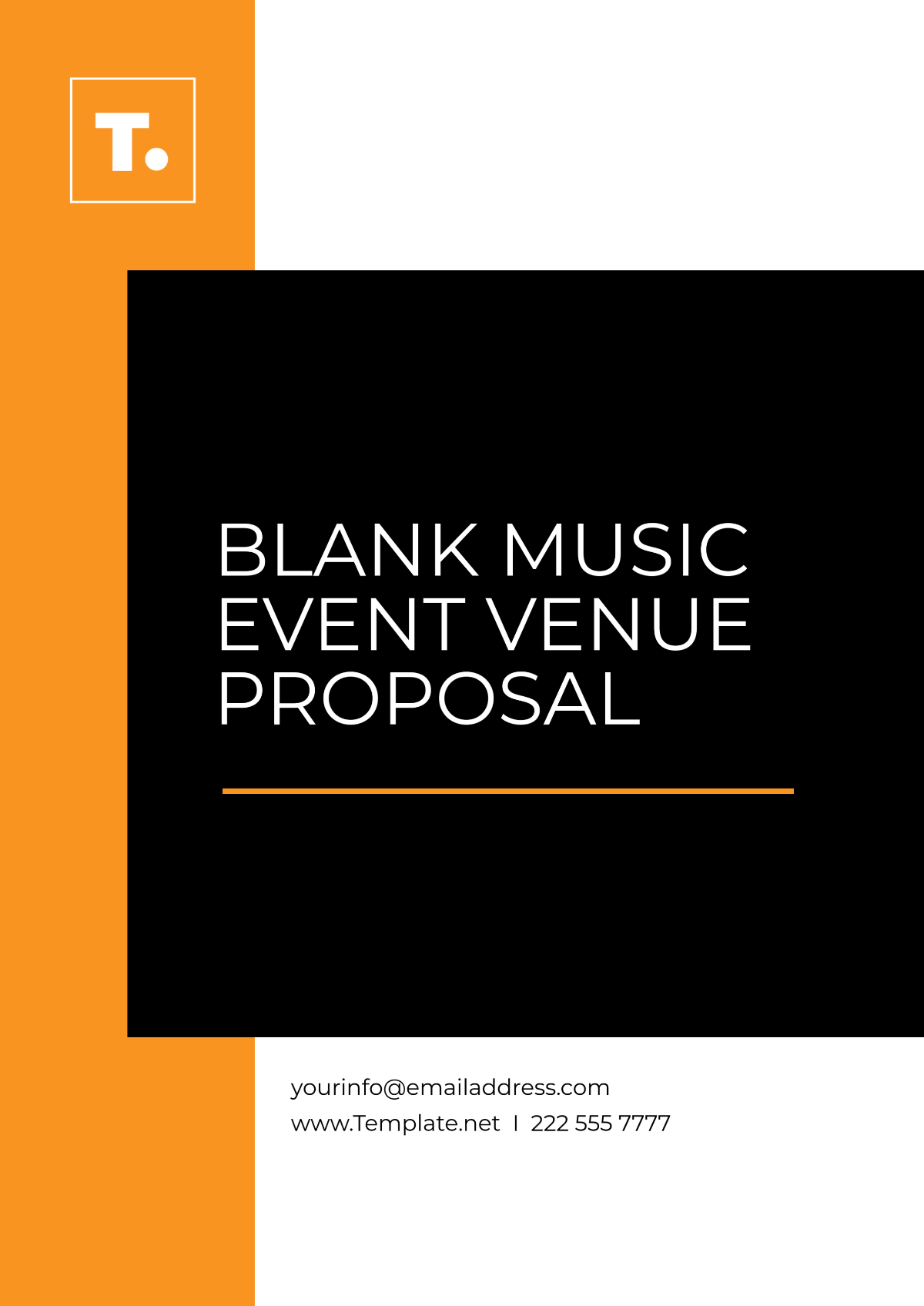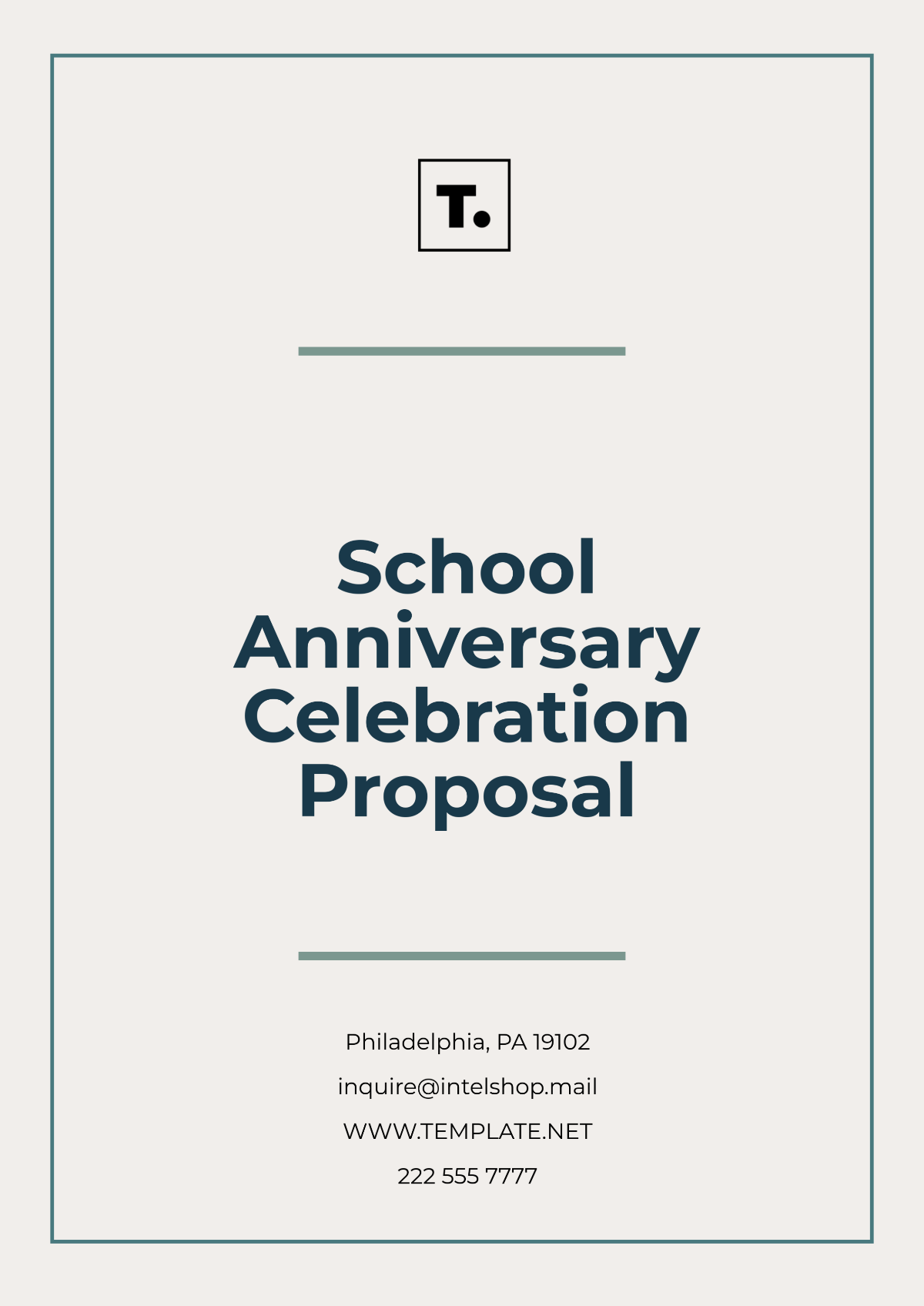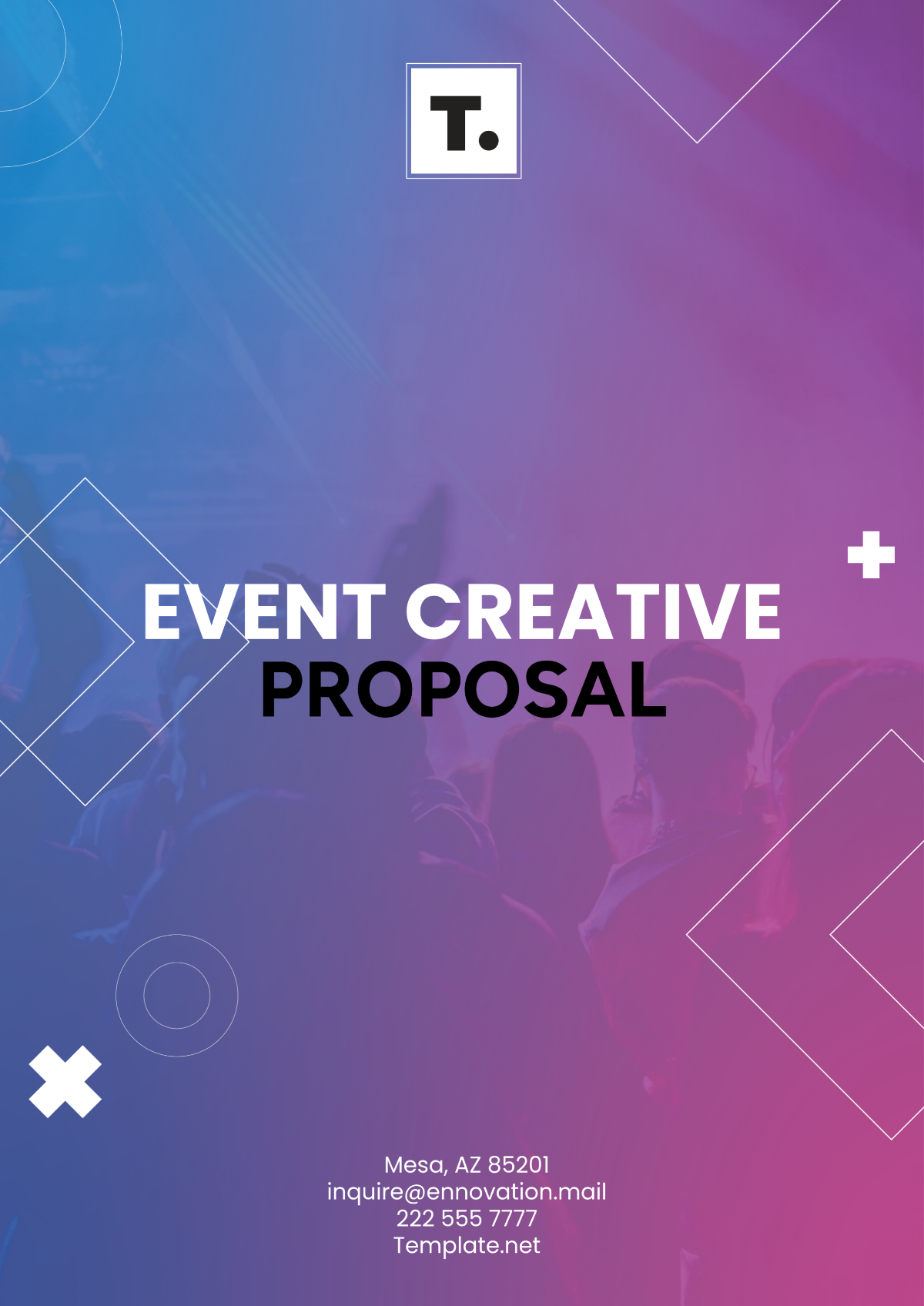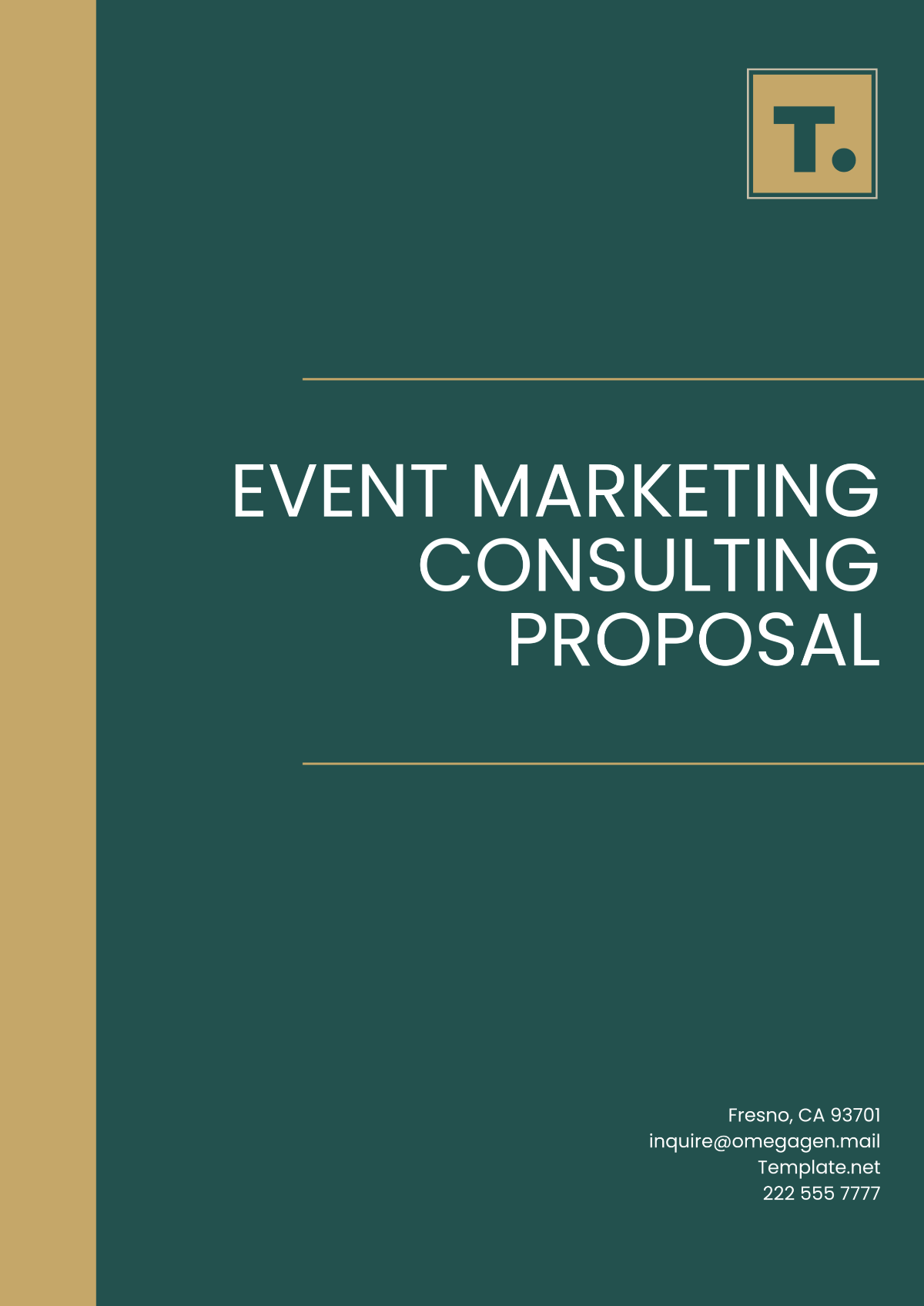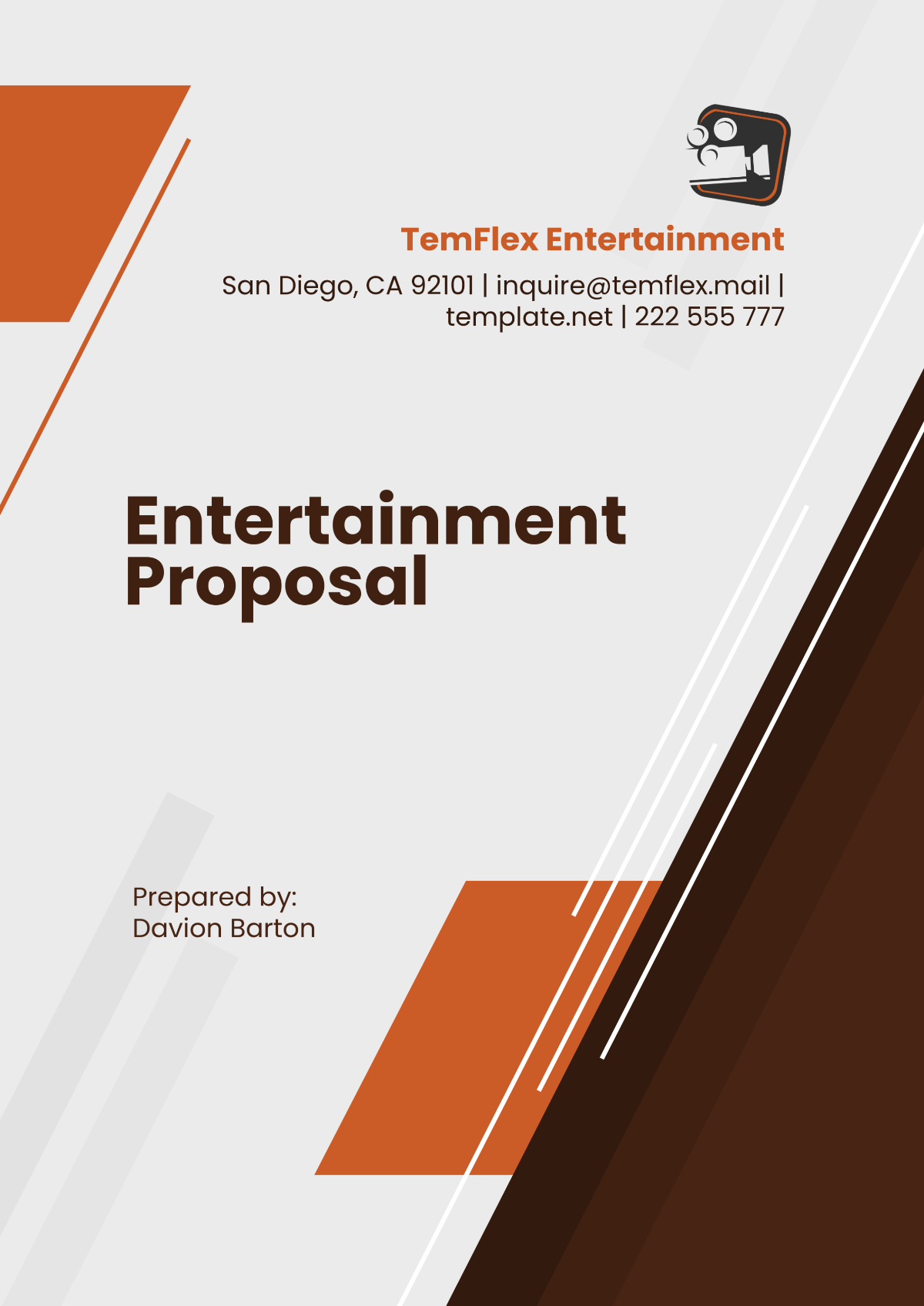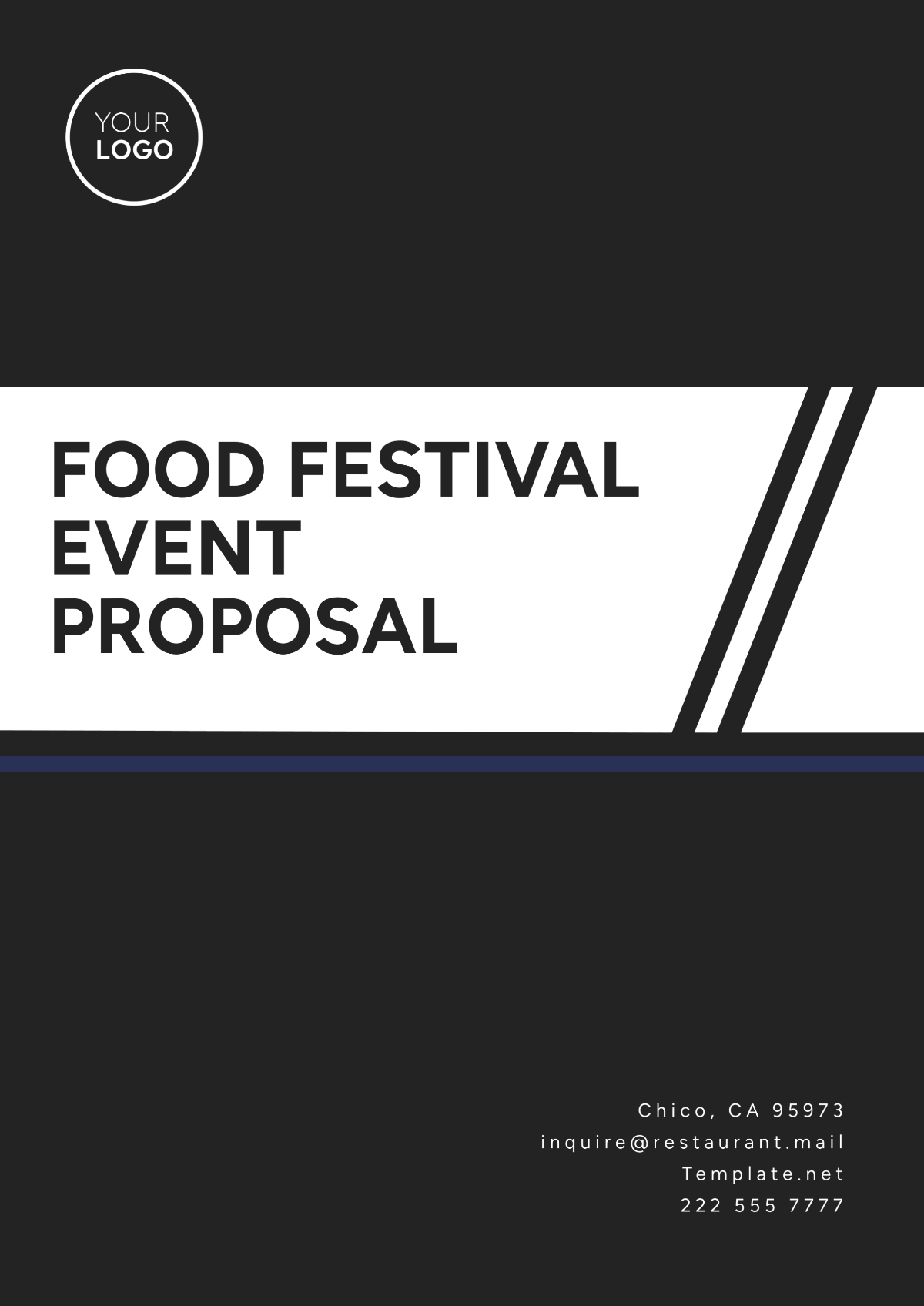Trade Show Outline Event Proposal
1. Event Overview
Event Name: [Insert Event Name]
Event Date: [Insert Event Date(s)]
Event Location: [Insert Venue Name and Address]
Target Audience: [Describe target attendees, e.g., industry professionals, consumers, potential clients]
Event Type: [e.g., B2B, B2C, Hybrid]
Event Duration: [Insert Number of Days]
2. Event Objectives
Primary Goals:
Showcase products or services to a specific industry audience.
Increase brand visibility and awareness.
Generate leads and sales.
Foster partnerships and collaborations.
Promote innovation and new developments in the industry.
Key Performance Indicators (KPIs):
Number of attendees
Number of exhibitors
Number of leads generated
Engagement metrics (social media interactions, website traffic, etc.)
3. Target Audience & Market Analysis
Demographics:
Industry professionals, buyers, sellers, and decision-makers.
Companies in [insert specific industries, e.g., tech, healthcare, fashion].
Influencers, media representatives, and thought leaders.
Market Research & Trends:
Overview of current trends in the industry.
Competitor trade show analysis.
Attendee interests and purchasing behavior.
4. Exhibitor & Sponsorship Opportunities
Exhibitor Packages:
Standard Booth Package: [Details and cost]
Premium Booth Package: [Details and cost]
Custom Booths: [Details and cost]
Sponsorship Levels:
Platinum Sponsor: [Details, benefits, cost]
Gold Sponsor: [Details, benefits, cost]
Silver Sponsor: [Details, benefits, cost]
Bronze Sponsor: [Details, benefits, cost]
5. Event Program & Agenda
Opening Ceremony:
Welcome Address
Keynote Speaker(s)
Ribbon Cutting Ceremony (if applicable)
Exhibitor Hours:
[Start time] to [End time]
Networking Events:
VIP Meet & Greet
Industry Networking Breakfast/Lunch
After-party / Cocktail Hour
Panel Discussions / Workshops:
[List of topics, speakers, and times]
Closing Remarks:
Thank You Speech
Announcement of Award Winners or Key Highlights
6. Marketing & Promotion Strategy
Pre-Event Marketing:
Email campaigns
Social media promotion (Facebook, LinkedIn, Twitter, Instagram)
Industry partnerships and collaborations
Website with event details, exhibitor registration, and ticket sales
On-Site Marketing:
Branded signage
Event app with attendee engagement features
QR codes for easy access to exhibitors and event details
Post-Event Marketing:
Thank you email to attendees and exhibitors
Social media shout-outs and recap posts
Media coverage and press releases
7. Logistics & Operations
Venue Setup:
Booth space allocations
AV and technical requirements
Shipping and setup of exhibits
Registration & Check-In:
Online registration portal
On-site registration process
Security & Safety:
Crowd management
First aid and emergency procedures
Liability insurance
Staffing & Volunteers:
Event coordinators
On-site support staff
Volunteer roles and responsibilities
8. Budget Estimate
Venue Costs:
Rent and utilities
Insurance
Marketing and Advertising:
Digital Marketing
Printed materials
Social media ads
Operational Expenses:
Staffing
Security
AV and technical support
Other Costs:
Food and beverage for networking events
Promotional materials and giveaways
Revenue:
Exhibitor fees
Sponsorship fees
Ticket sales
9. Sponsorship & Partnership Benefits
Brand Visibility: Exposure through signage, promotional materials, and digital media.
Exclusive Access: VIP access to certain events or sessions.
Networking Opportunities: Direct engagement with industry leaders and potential clients.
Lead Generation: Access to a list of attendees and exhibitors for follow-up opportunities.
10. Risk Management & Contingency Plan
Potential Risks:
Low attendance
Weather disruptions (for outdoor events)
Technical failures during the event
Contingency Plans:
Backup venue options
Alternative digital solutions (live streaming, virtual components)
Event insurance to cover unexpected costs
11. Conclusion & Next Steps
Recap of event objectives and the value proposition for potential exhibitors and sponsors.
Next steps for confirming participation, sponsorship, or registration.
Contact information for event inquiries and follow-up.
Signature
 [Your Name]
[Your Name]
Event Coordinator
 Sponsoring Organization Representative
Sponsoring Organization Representative
